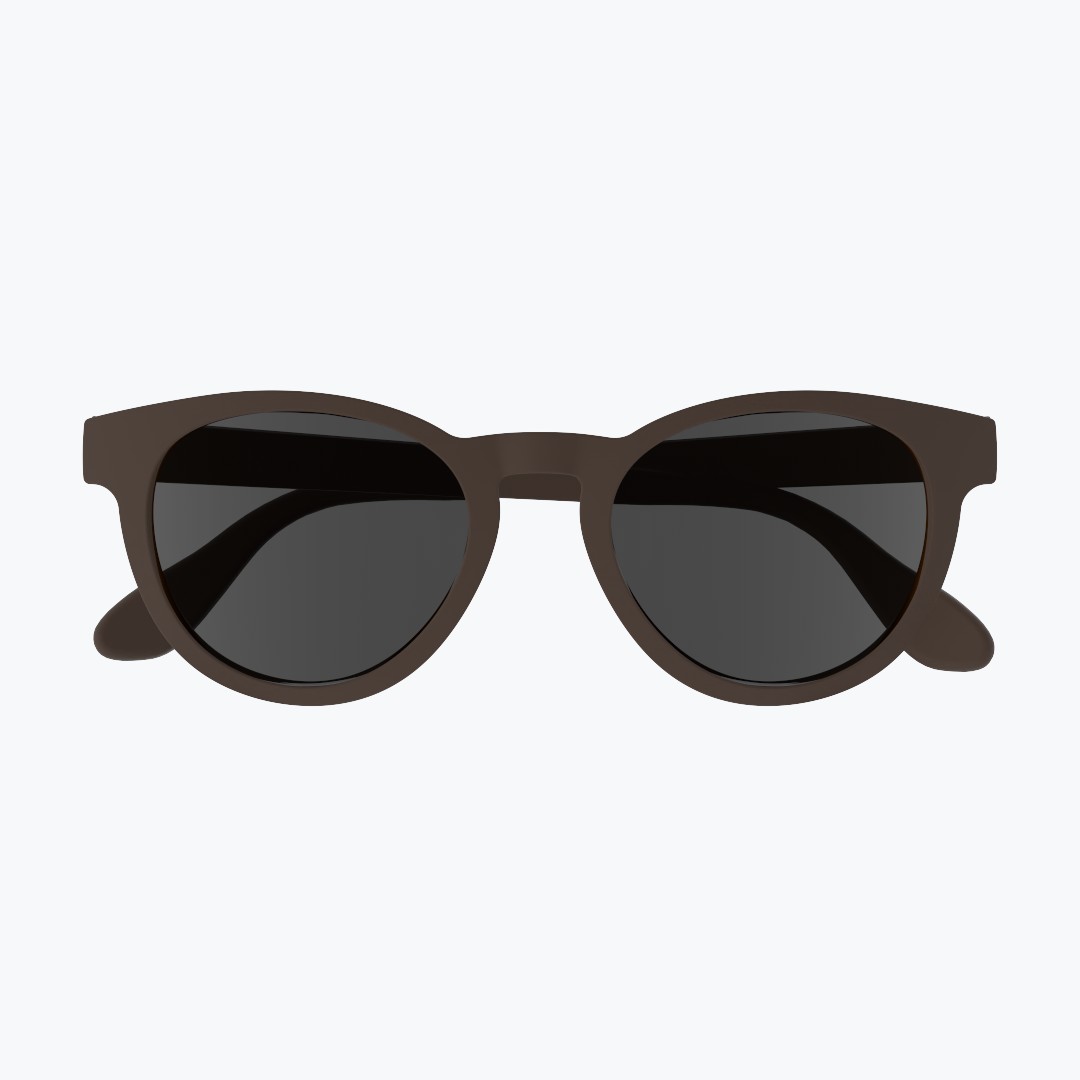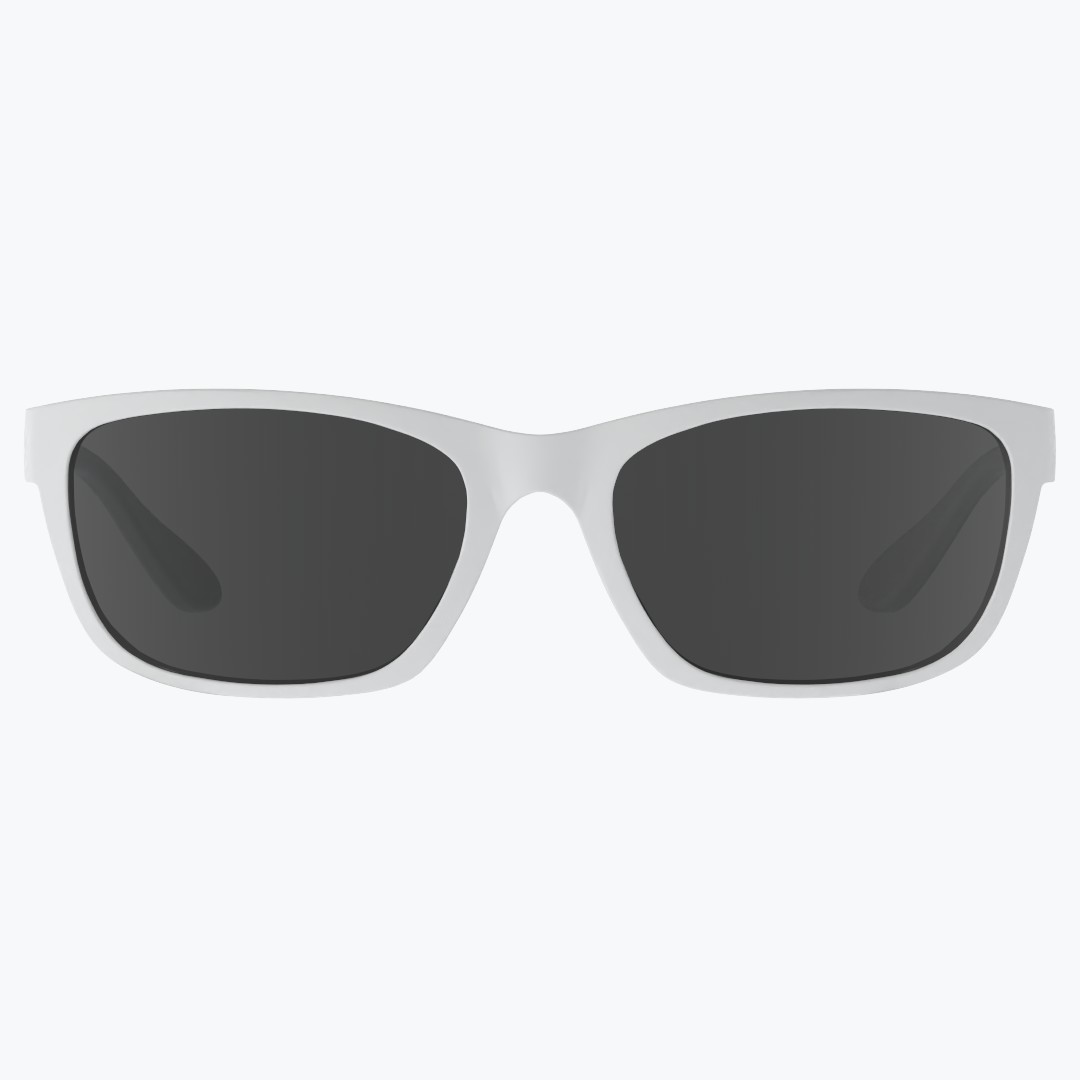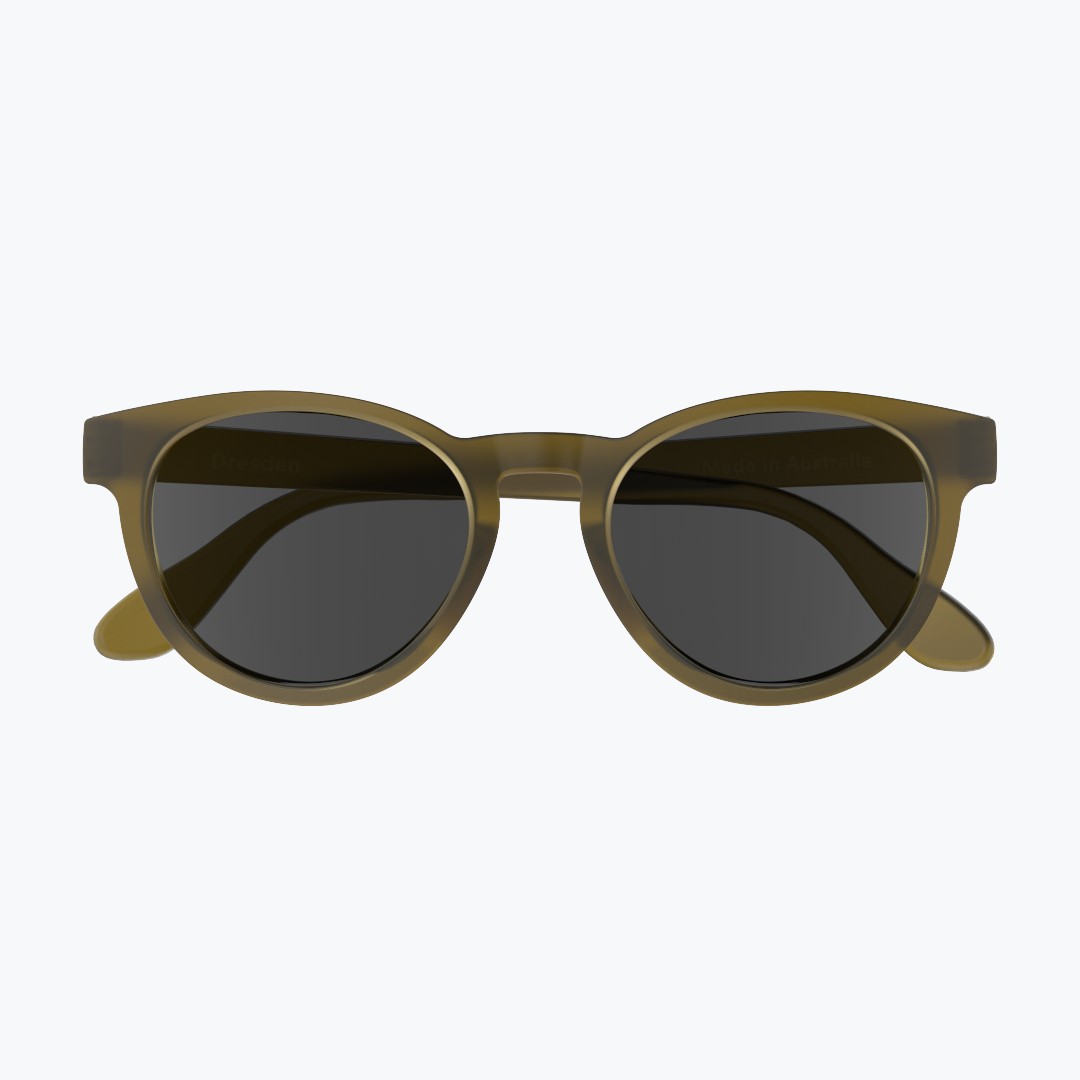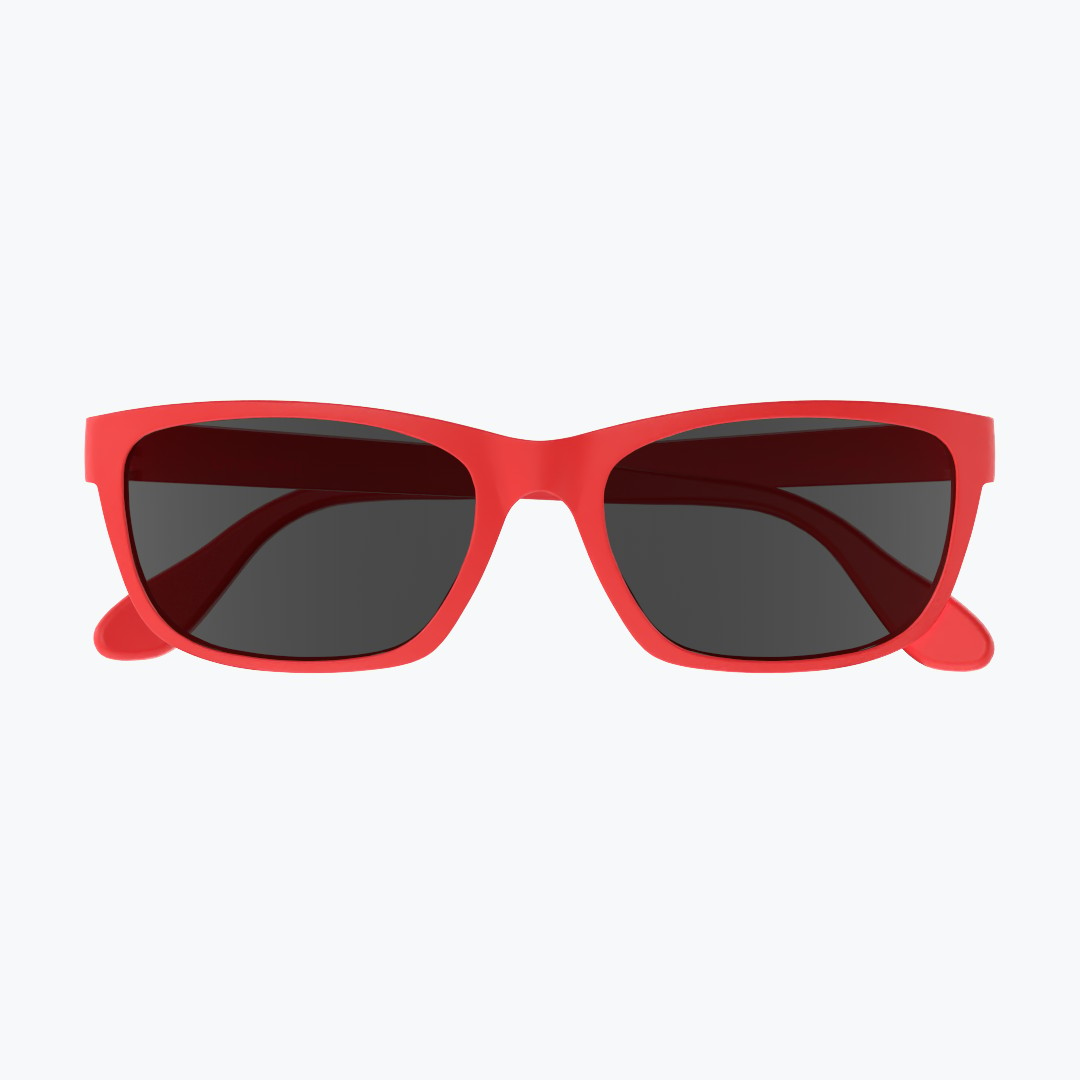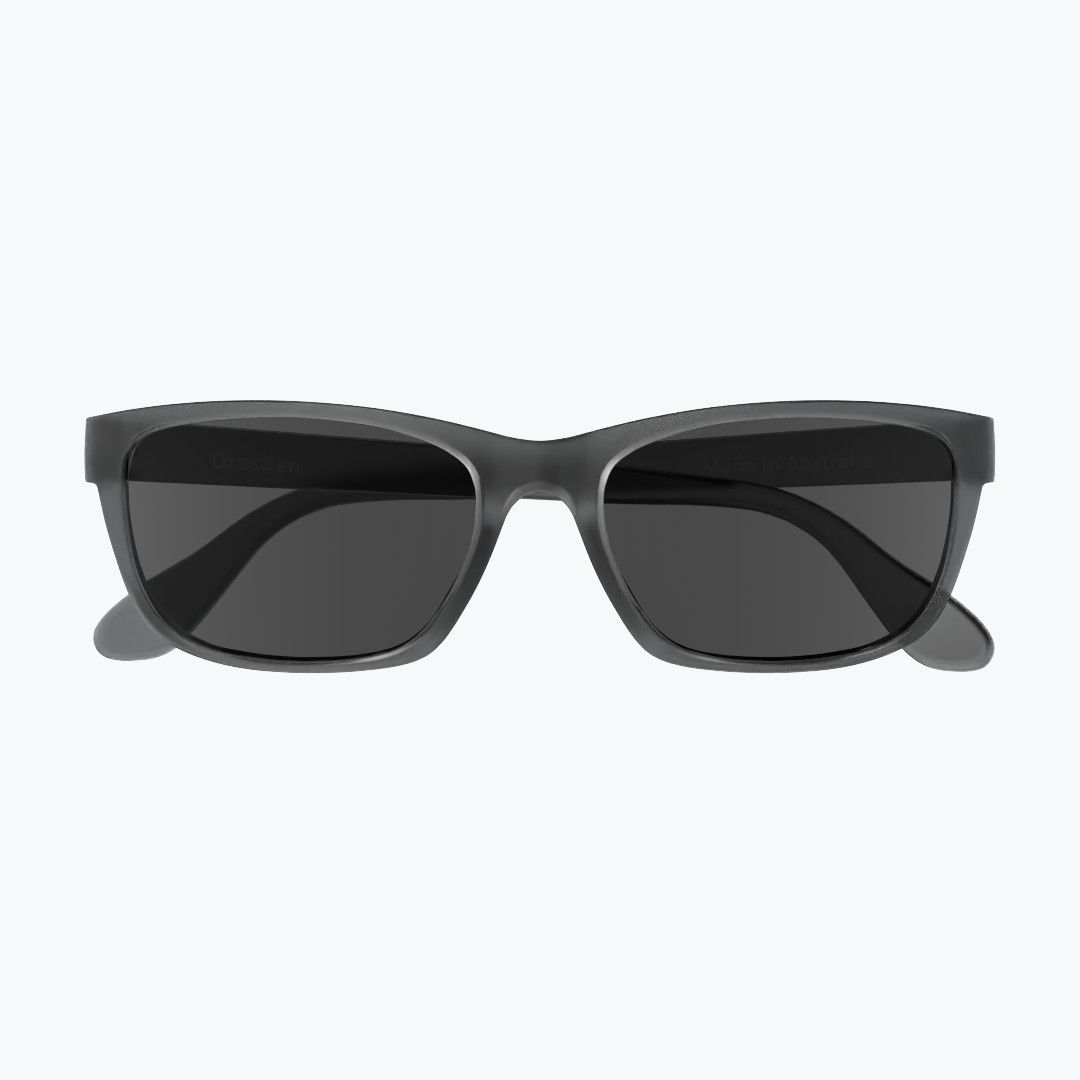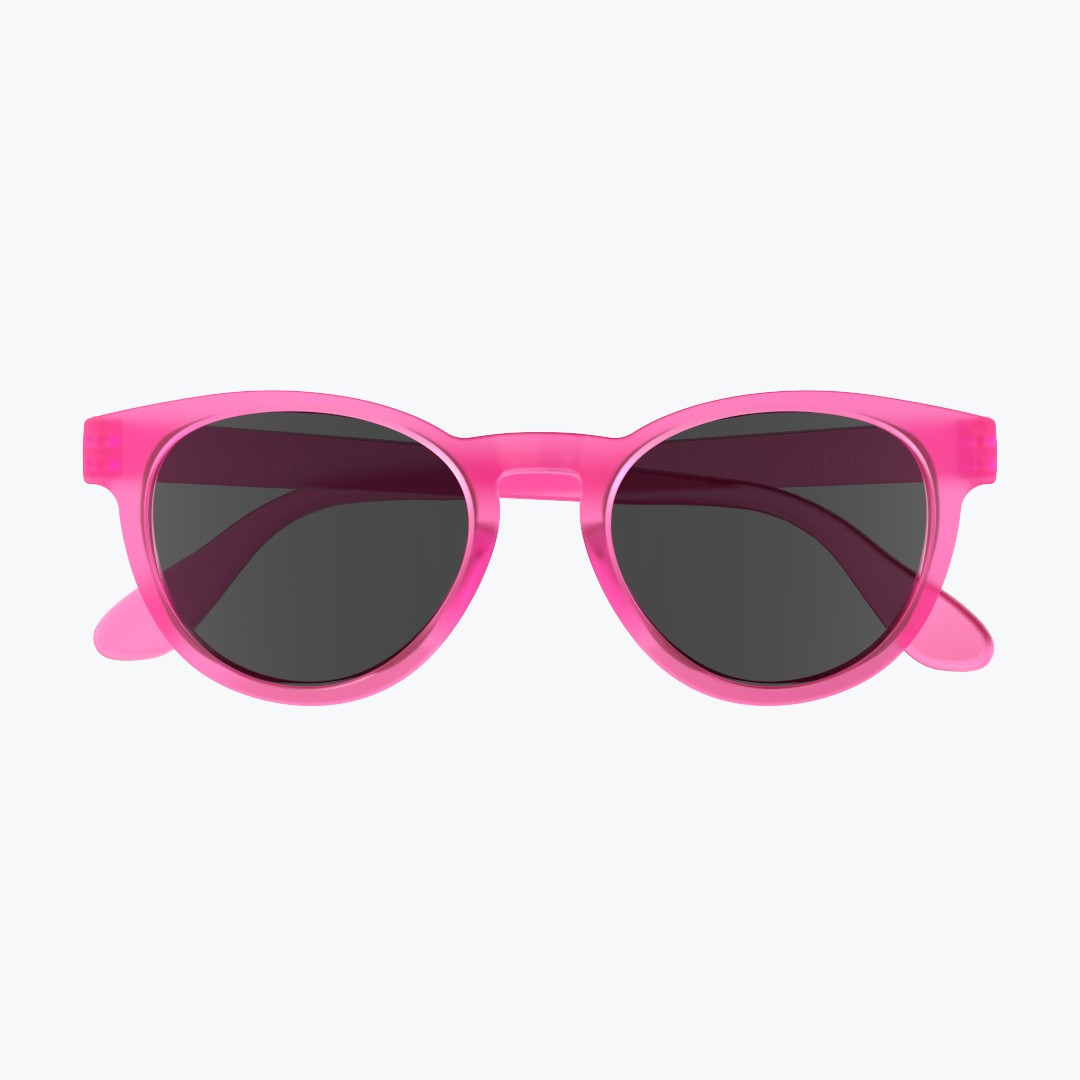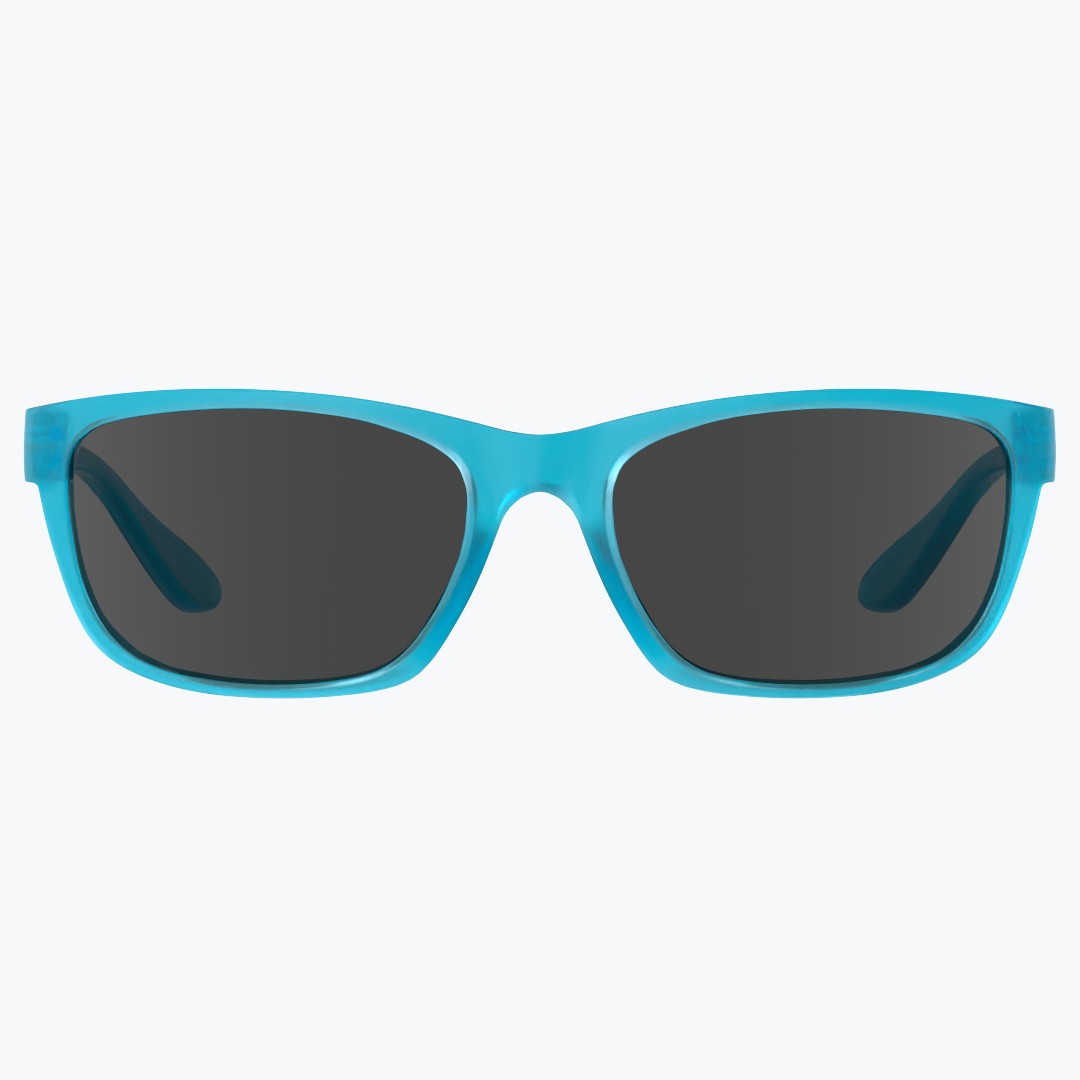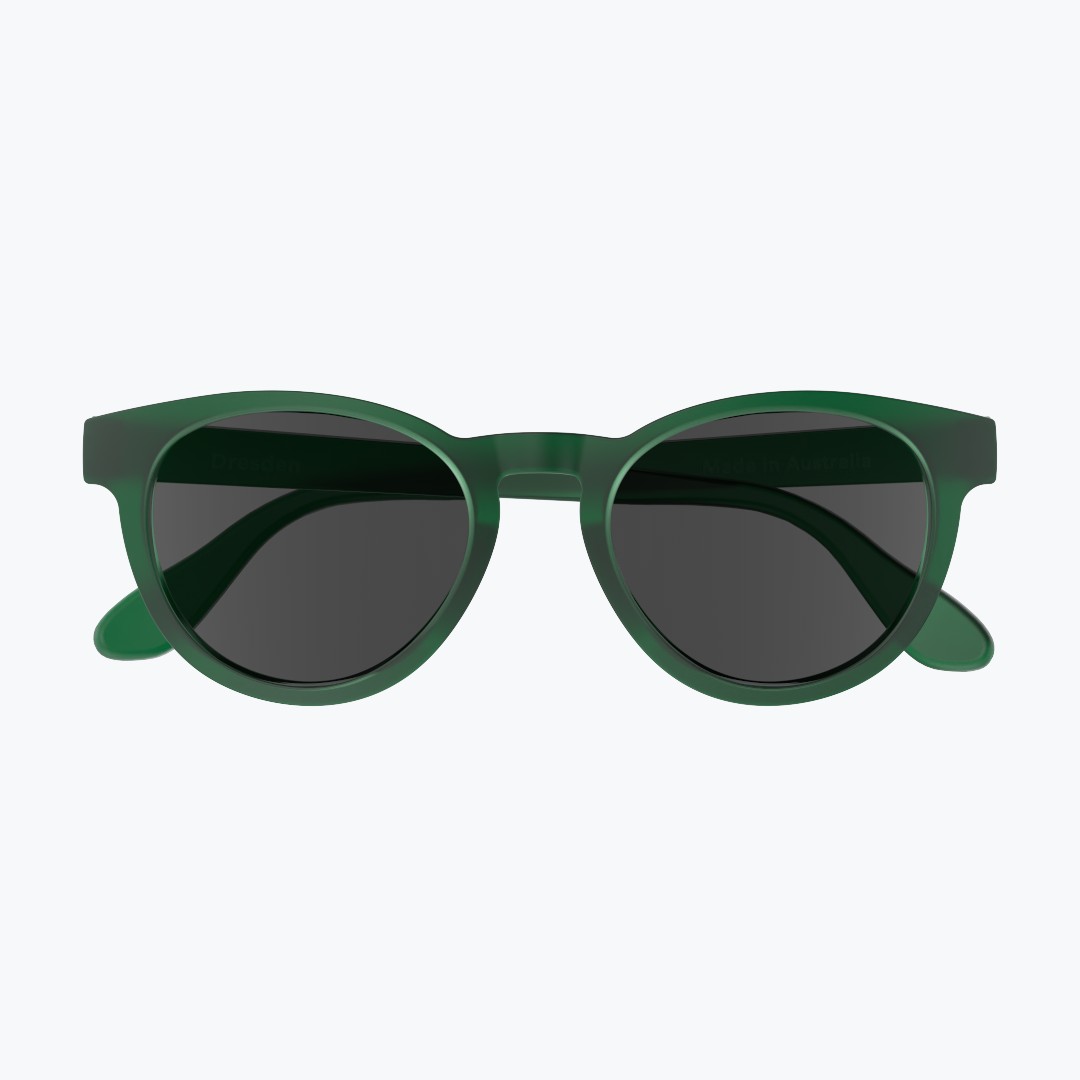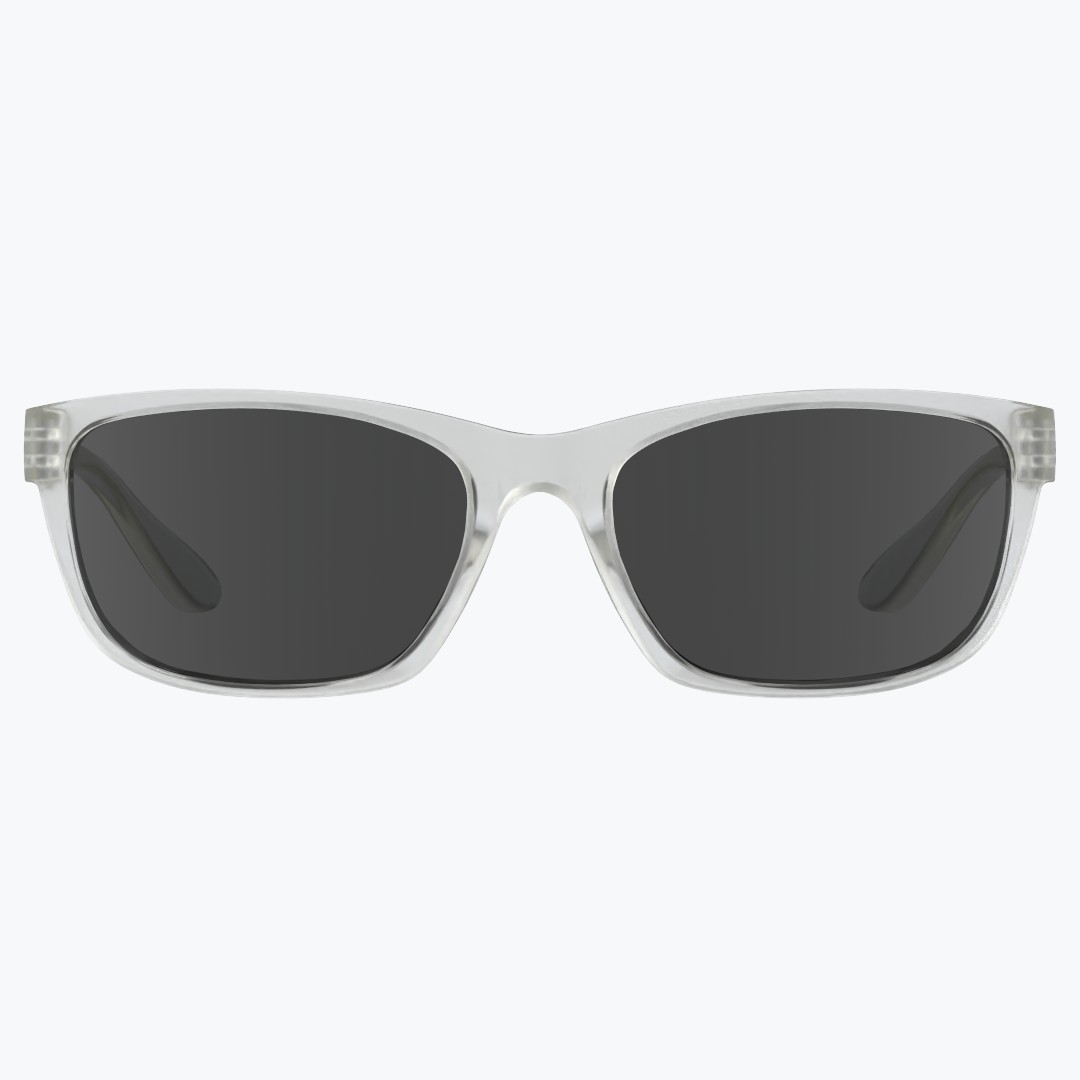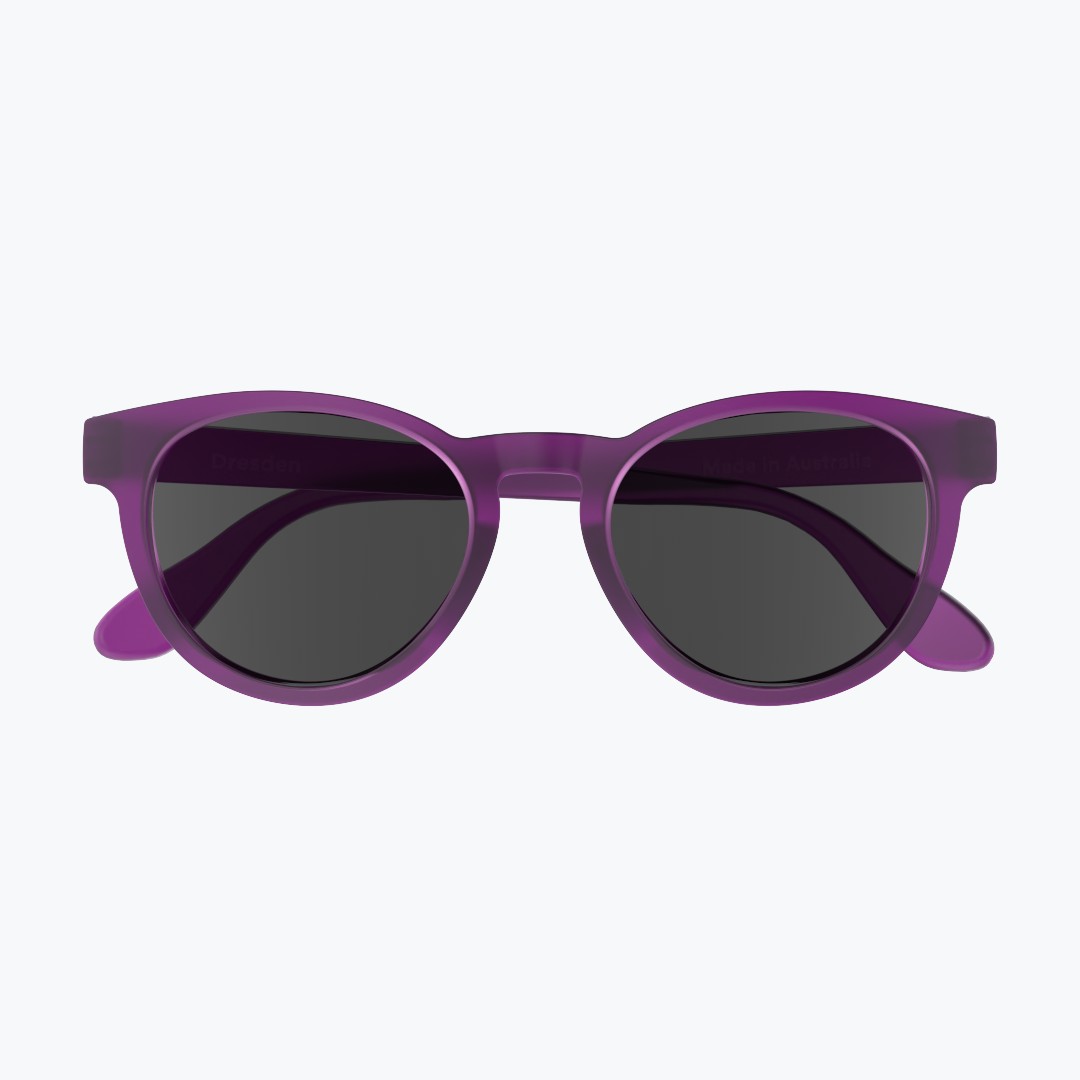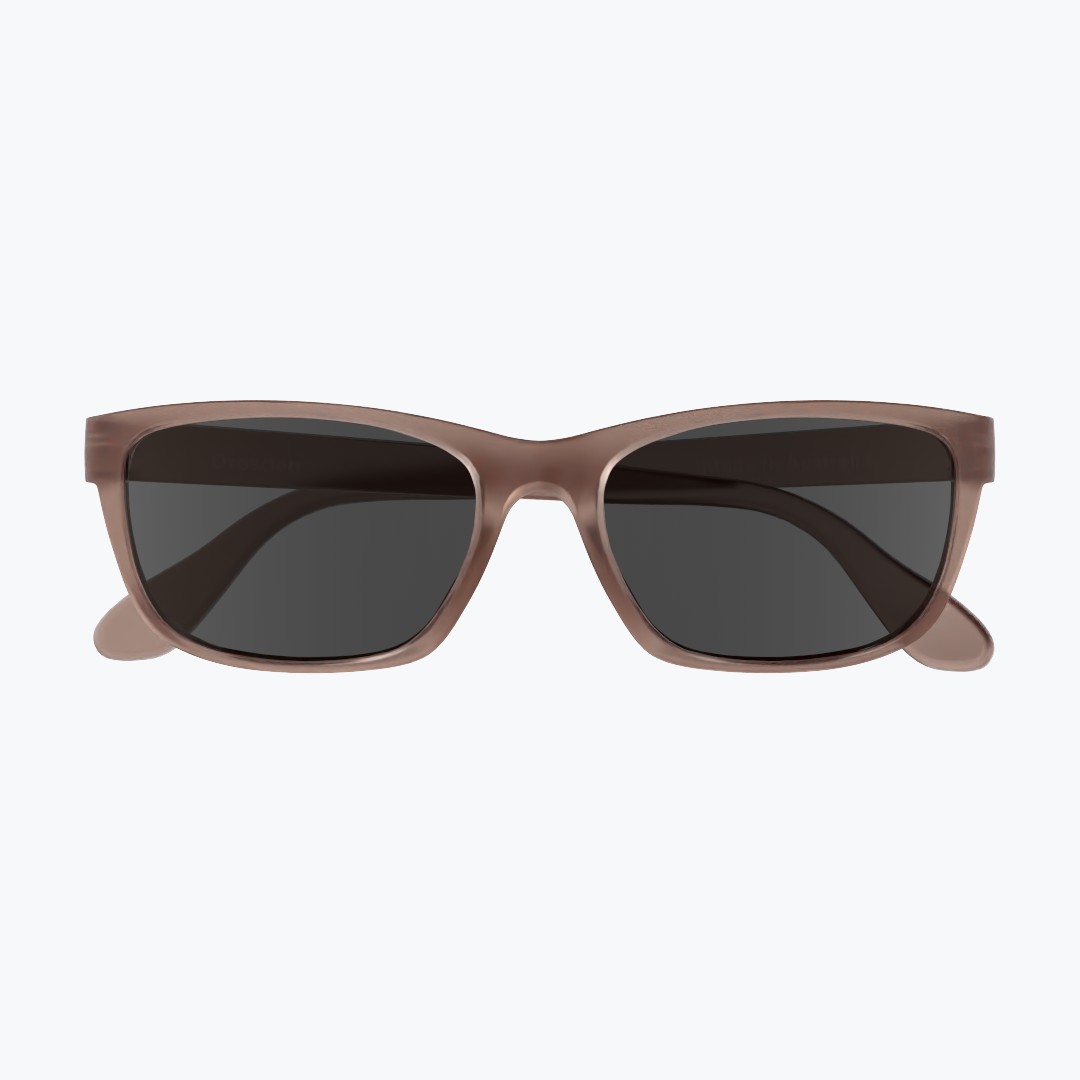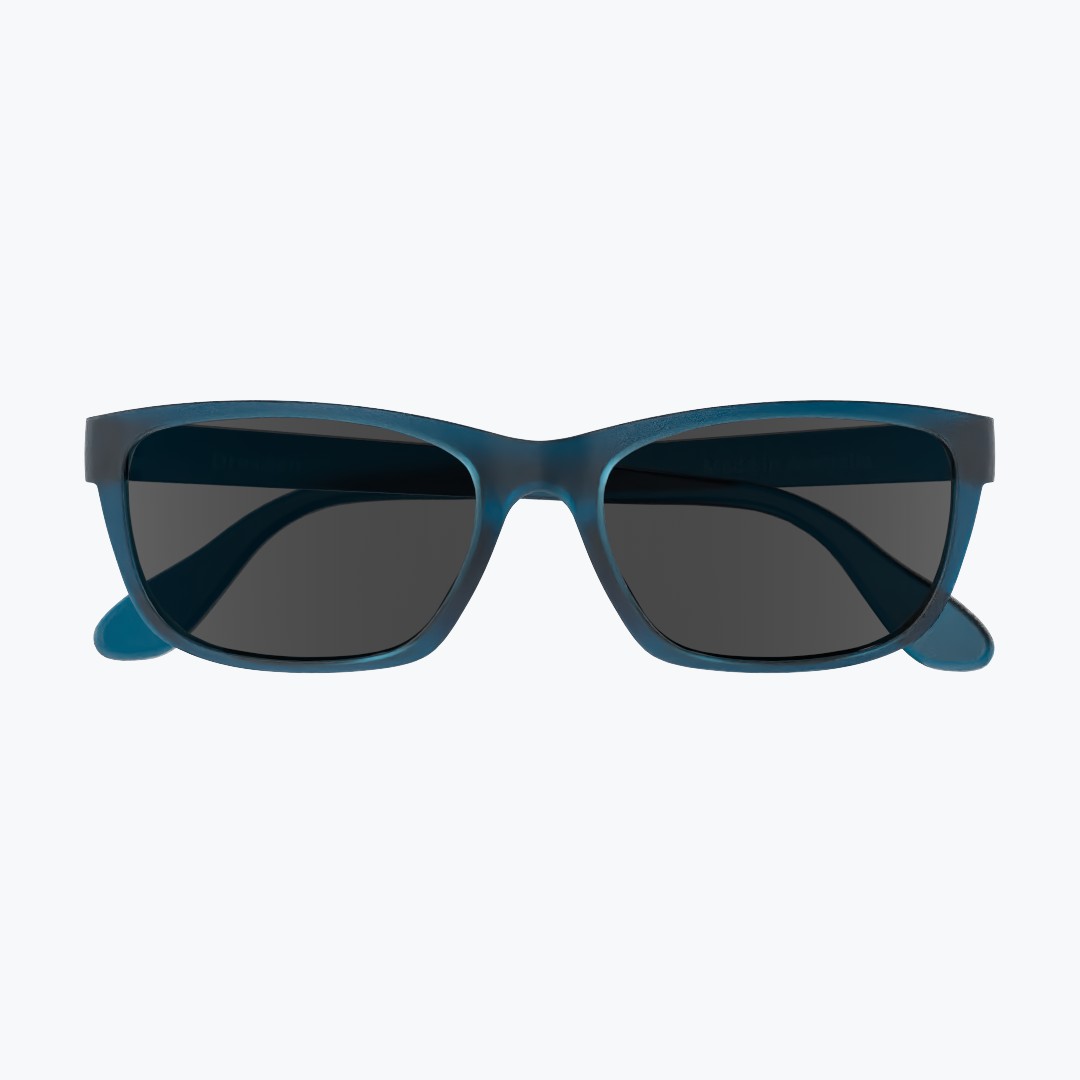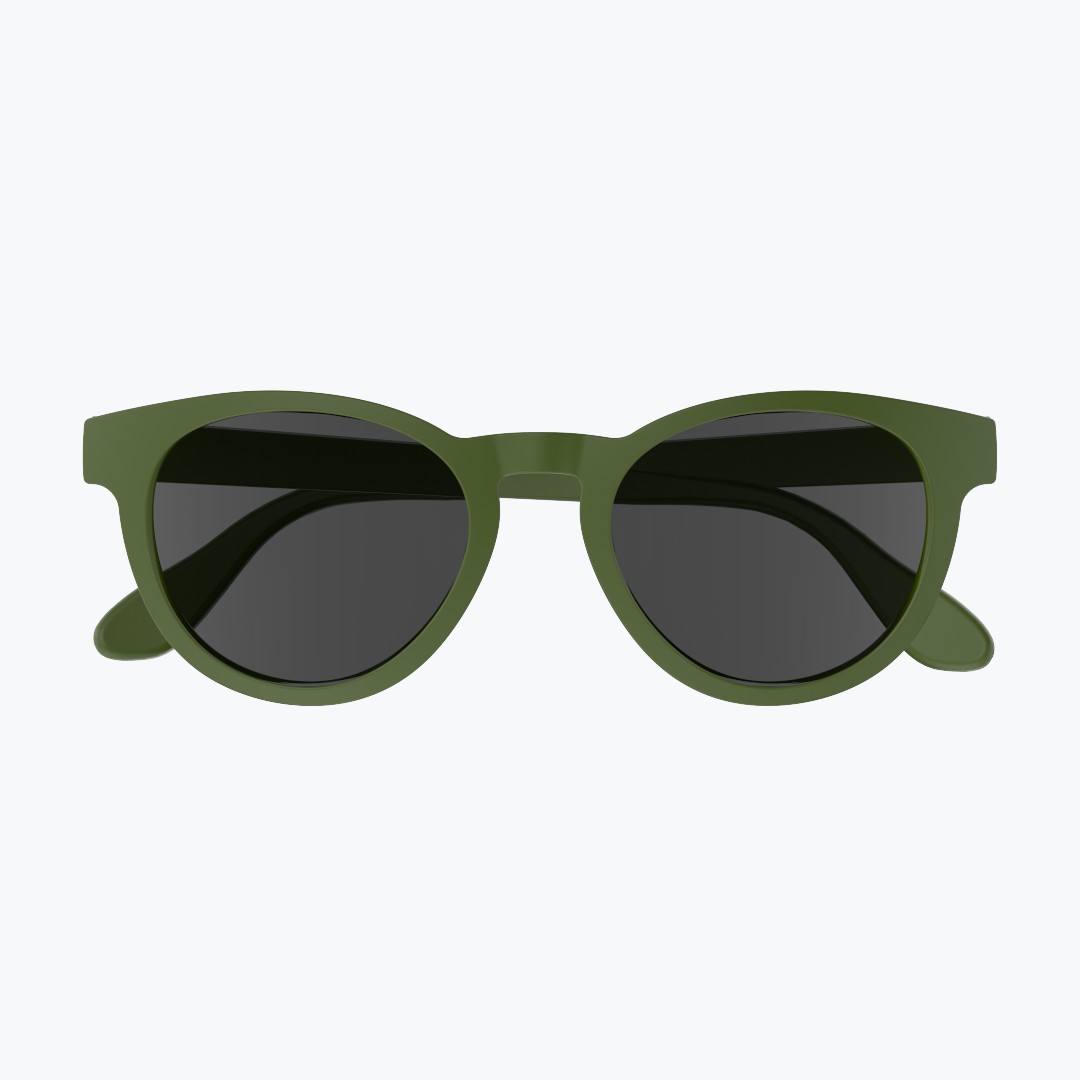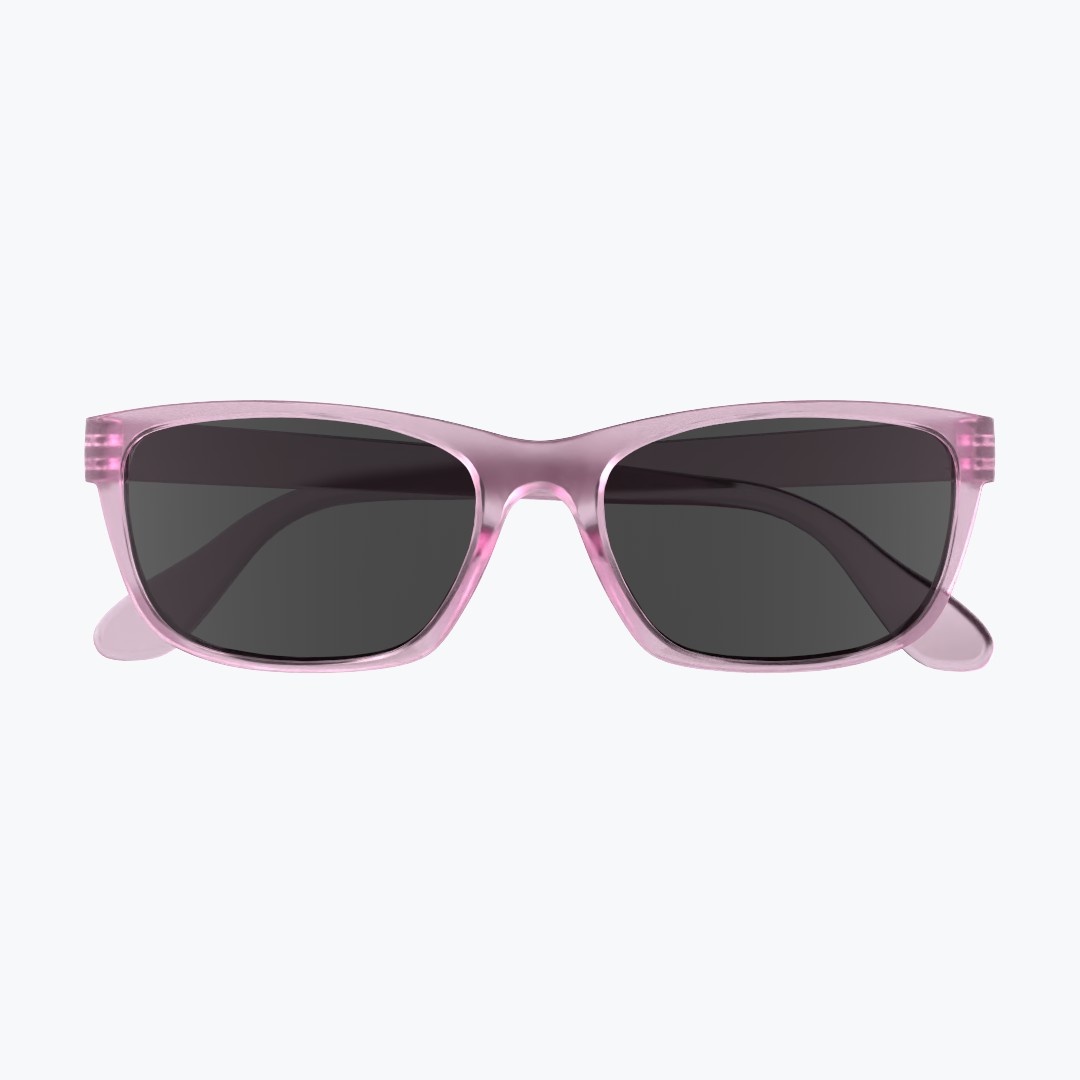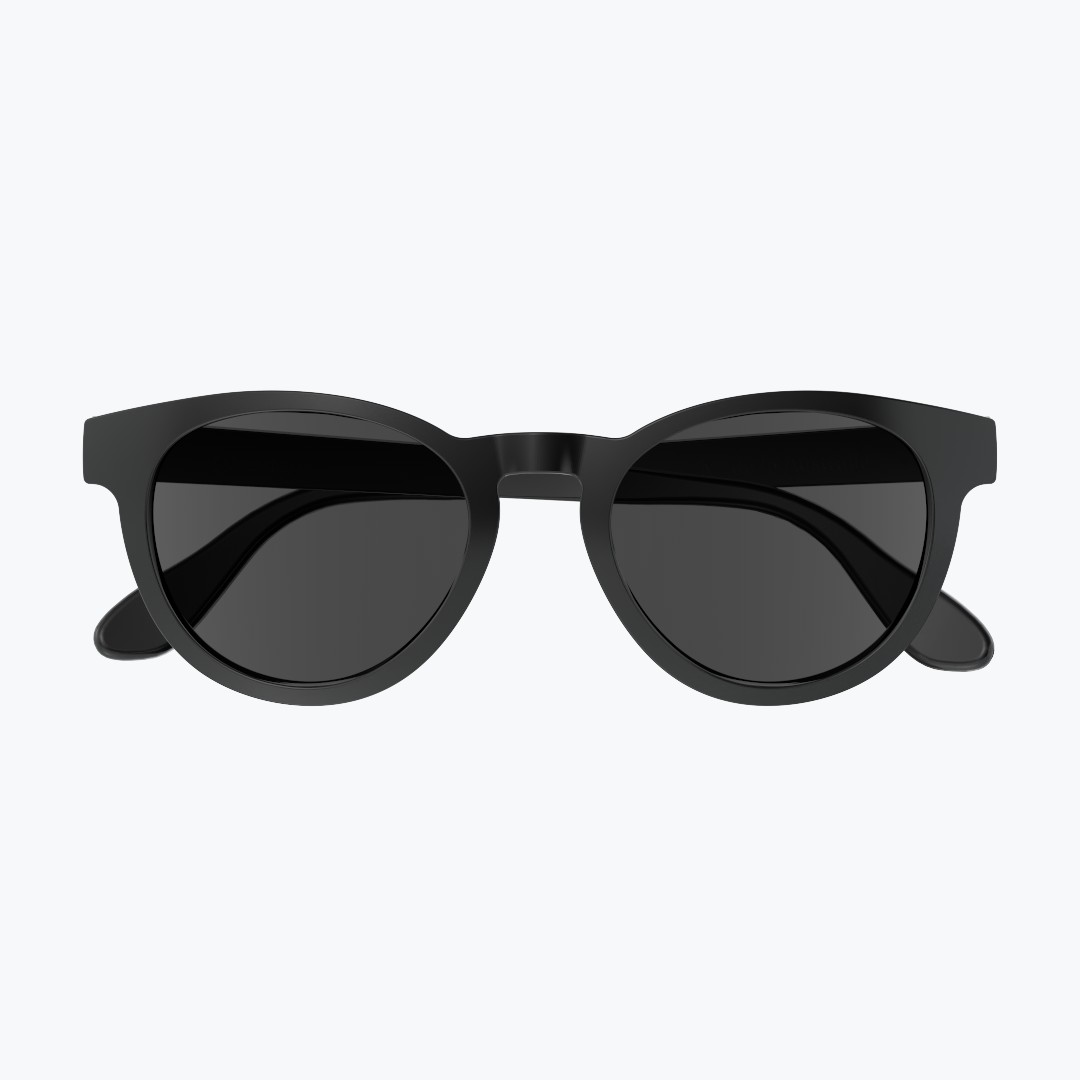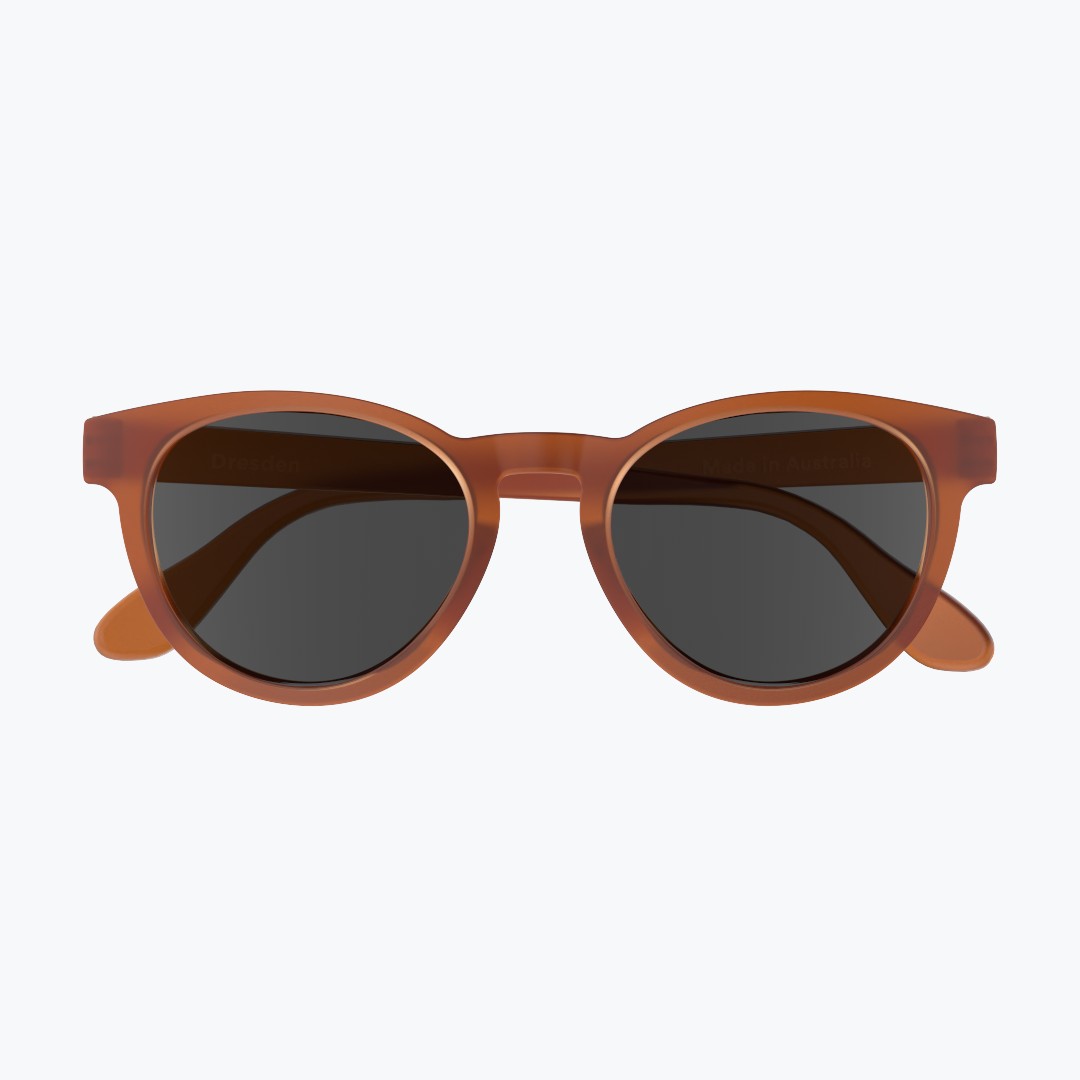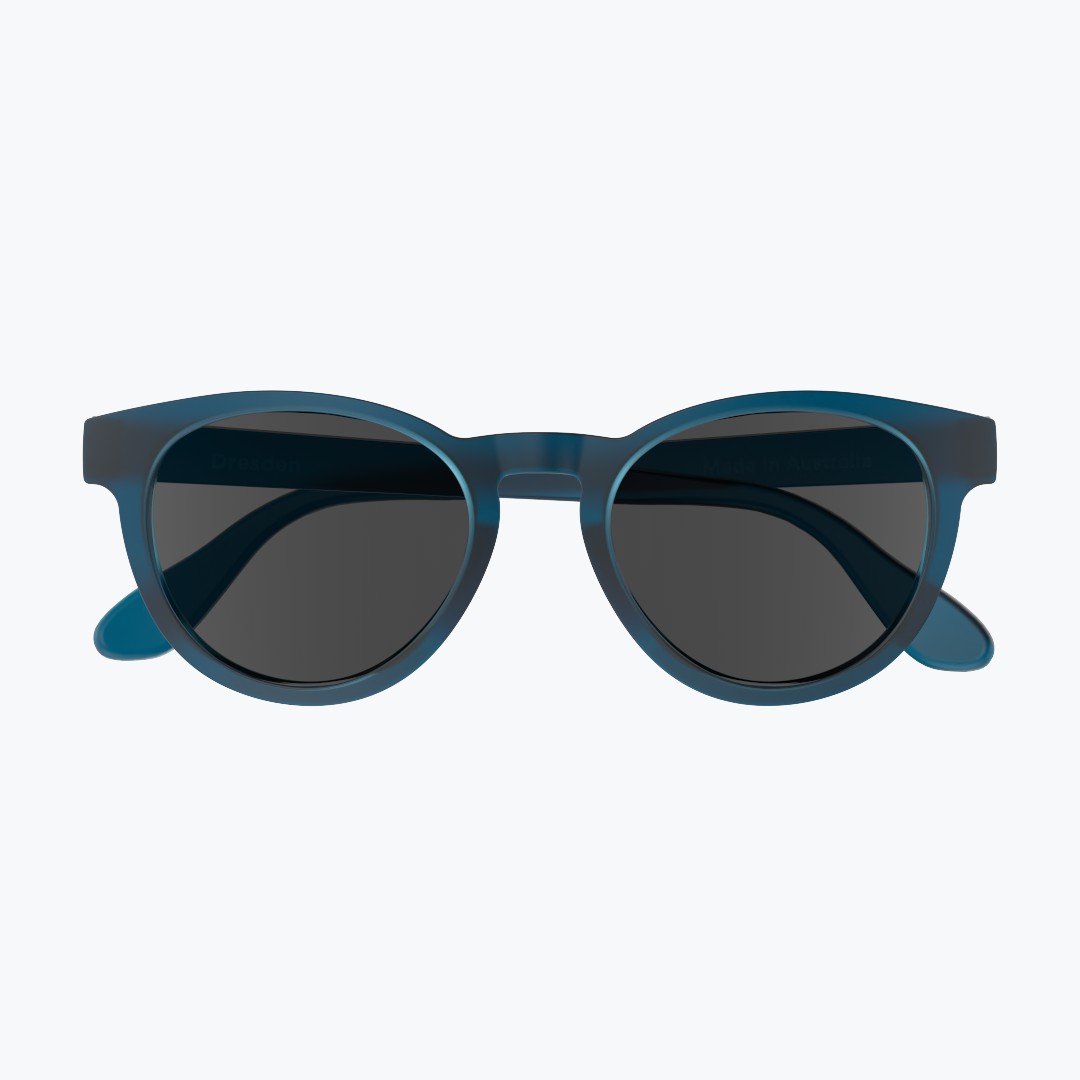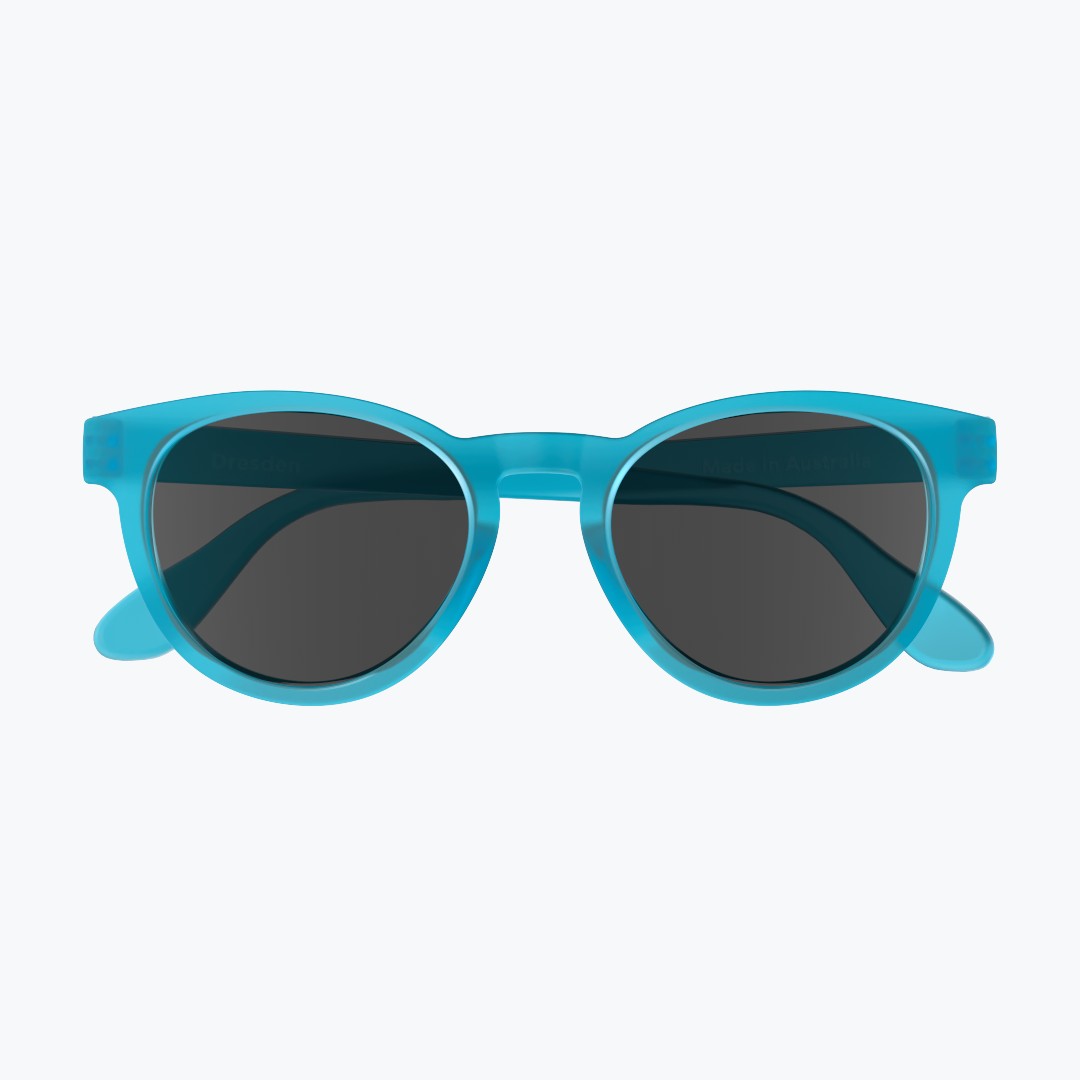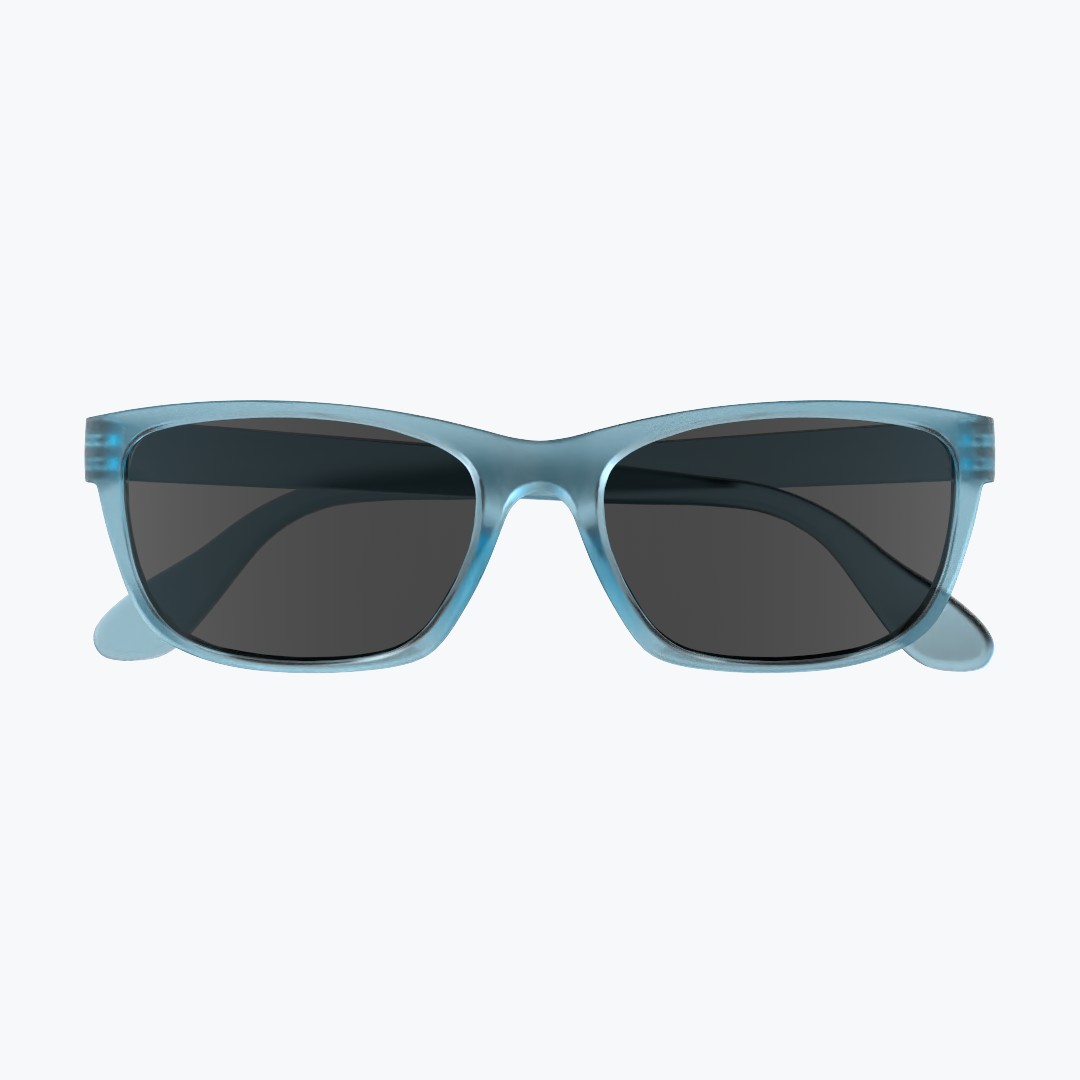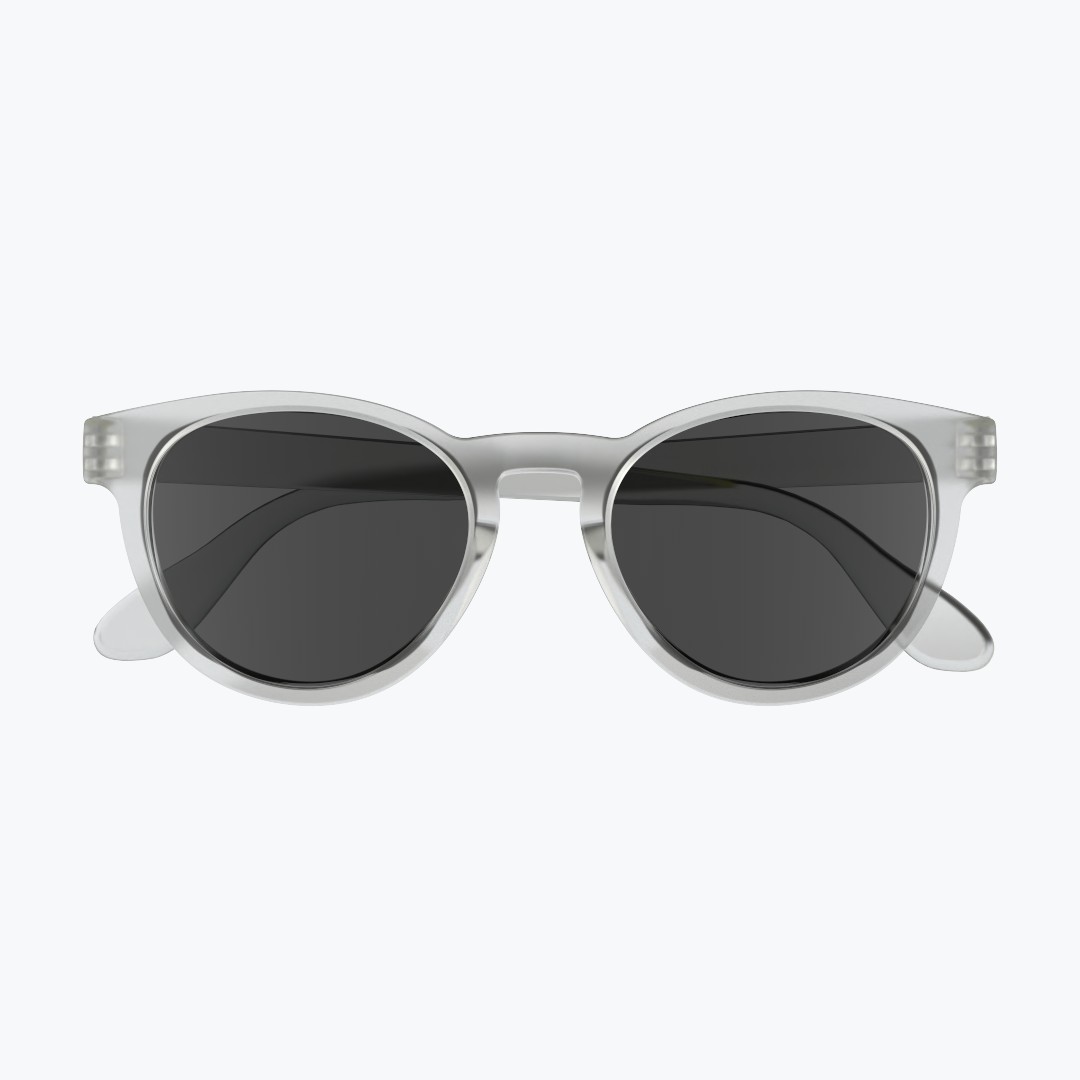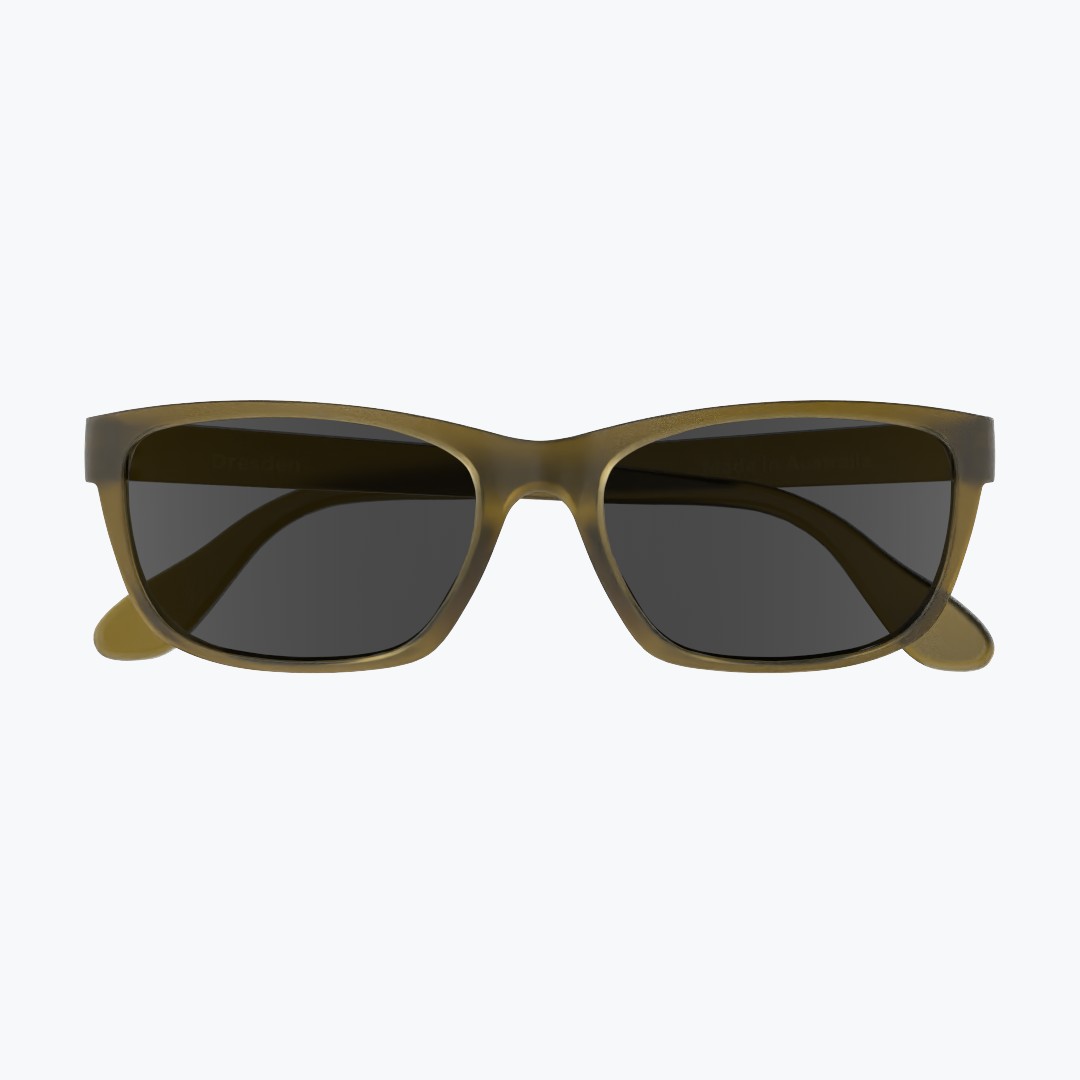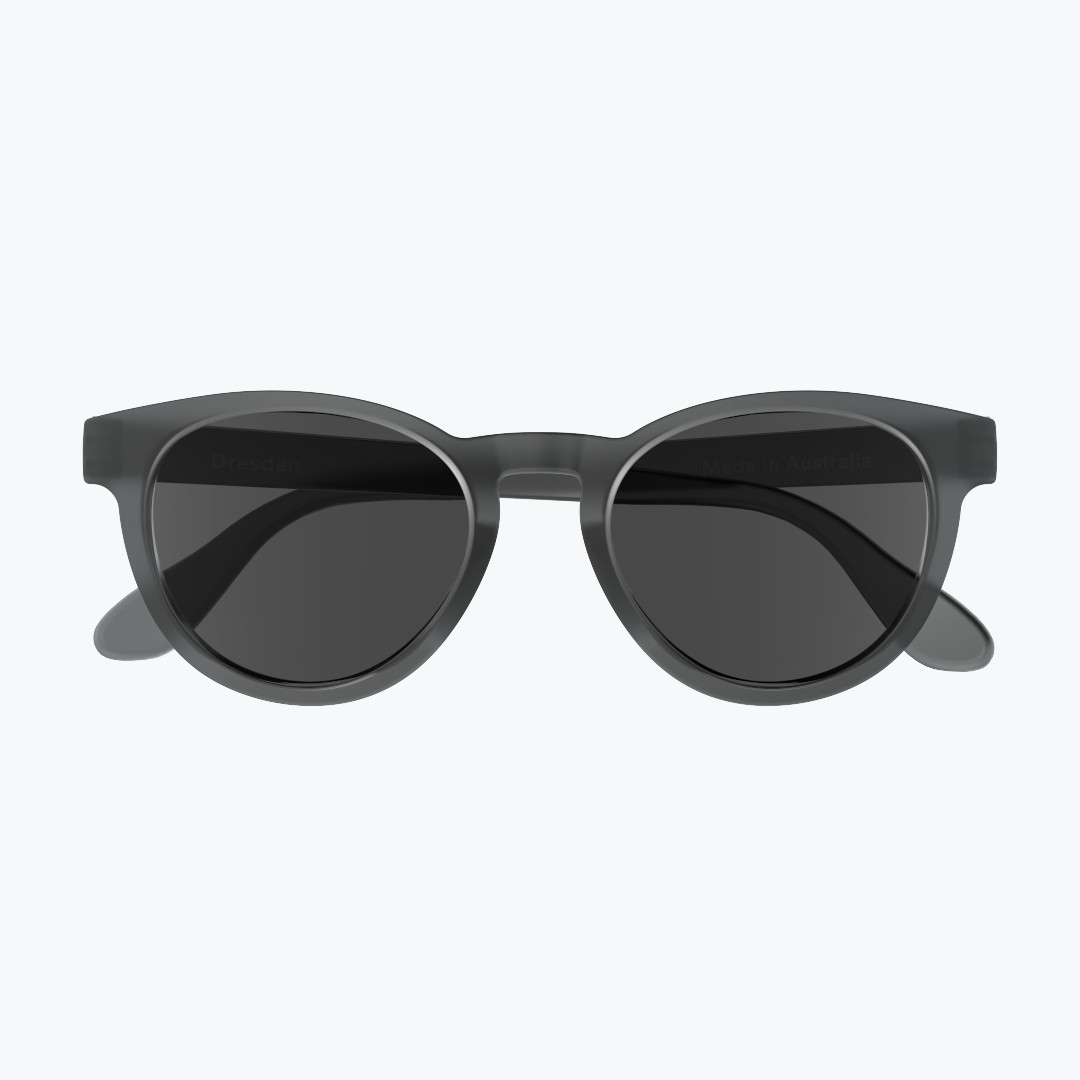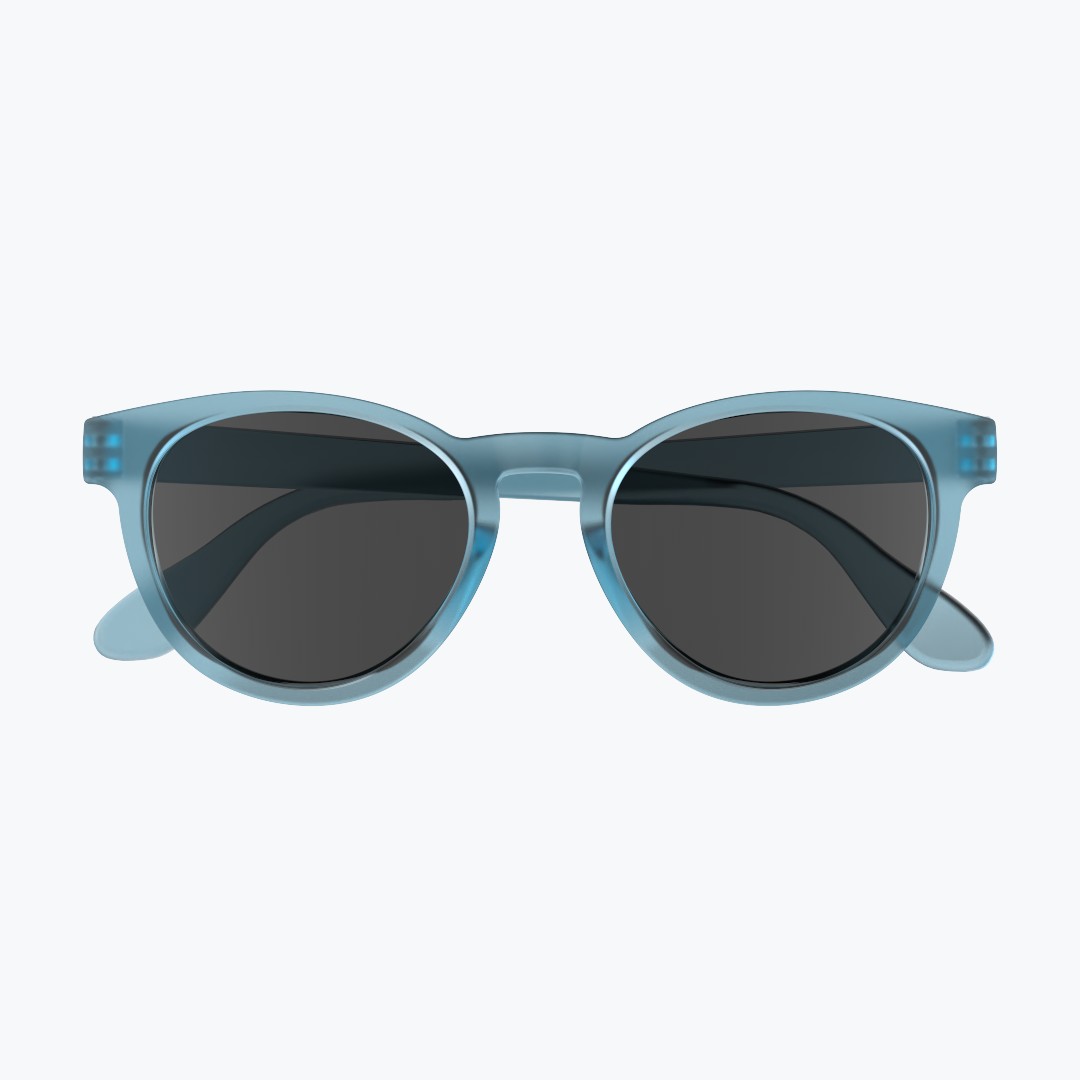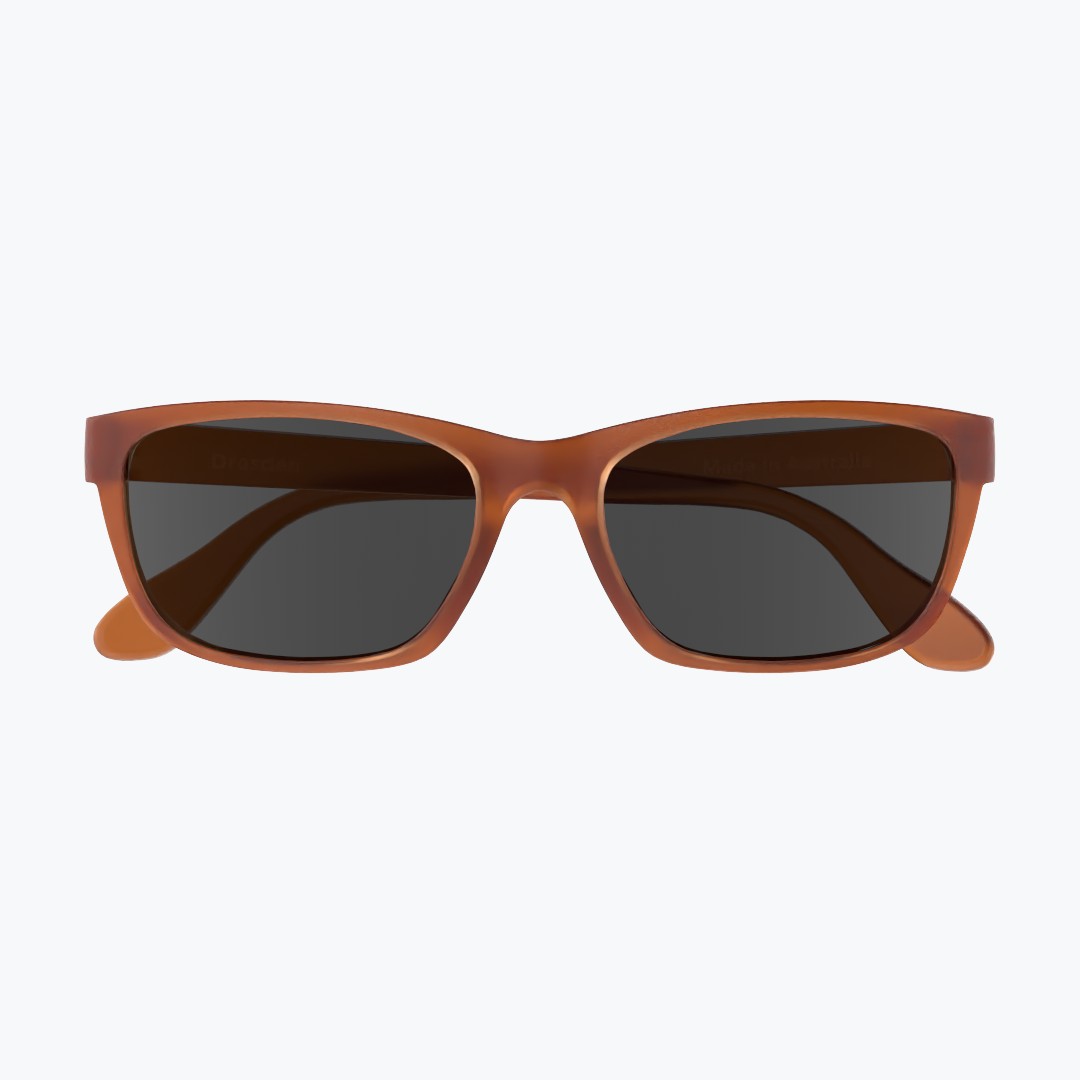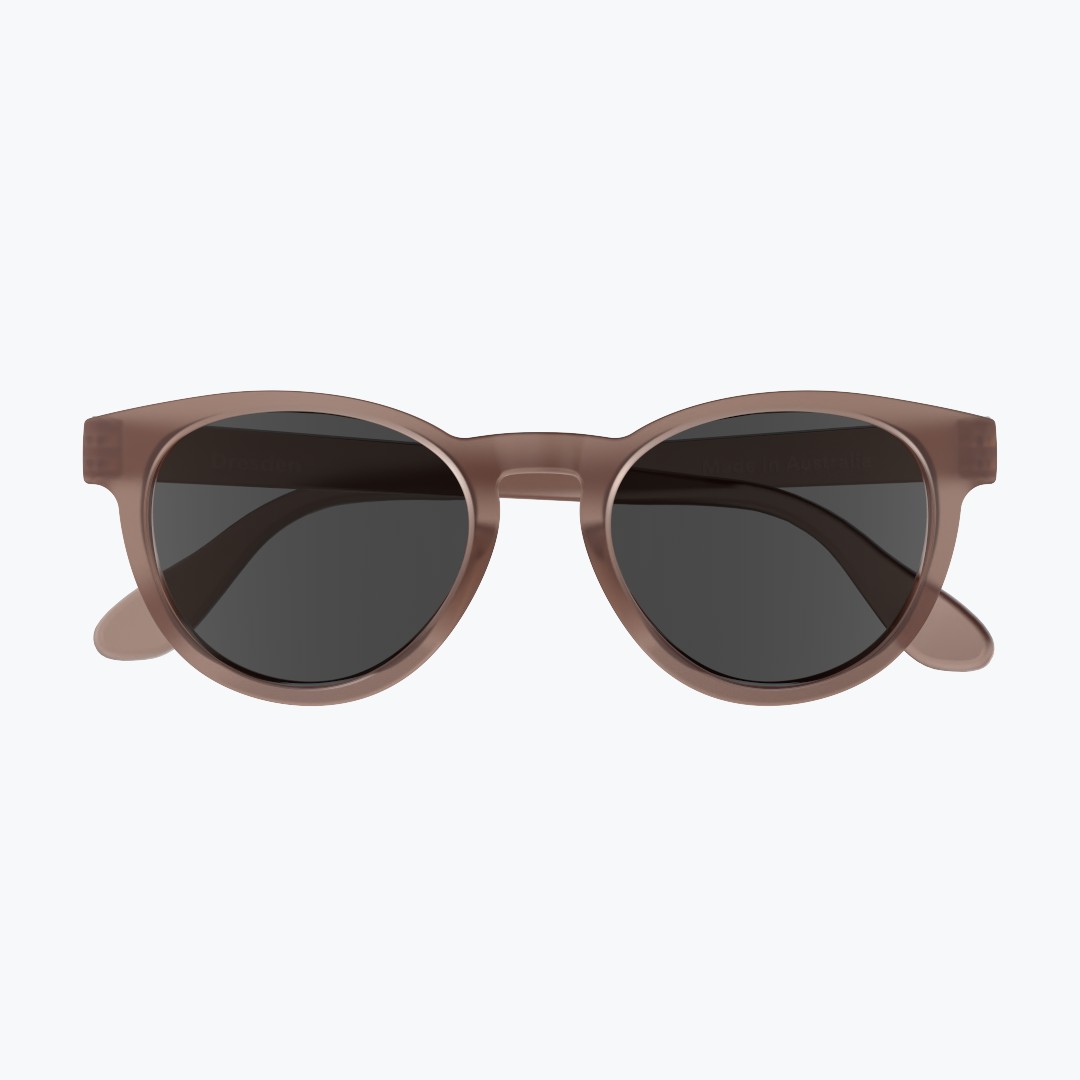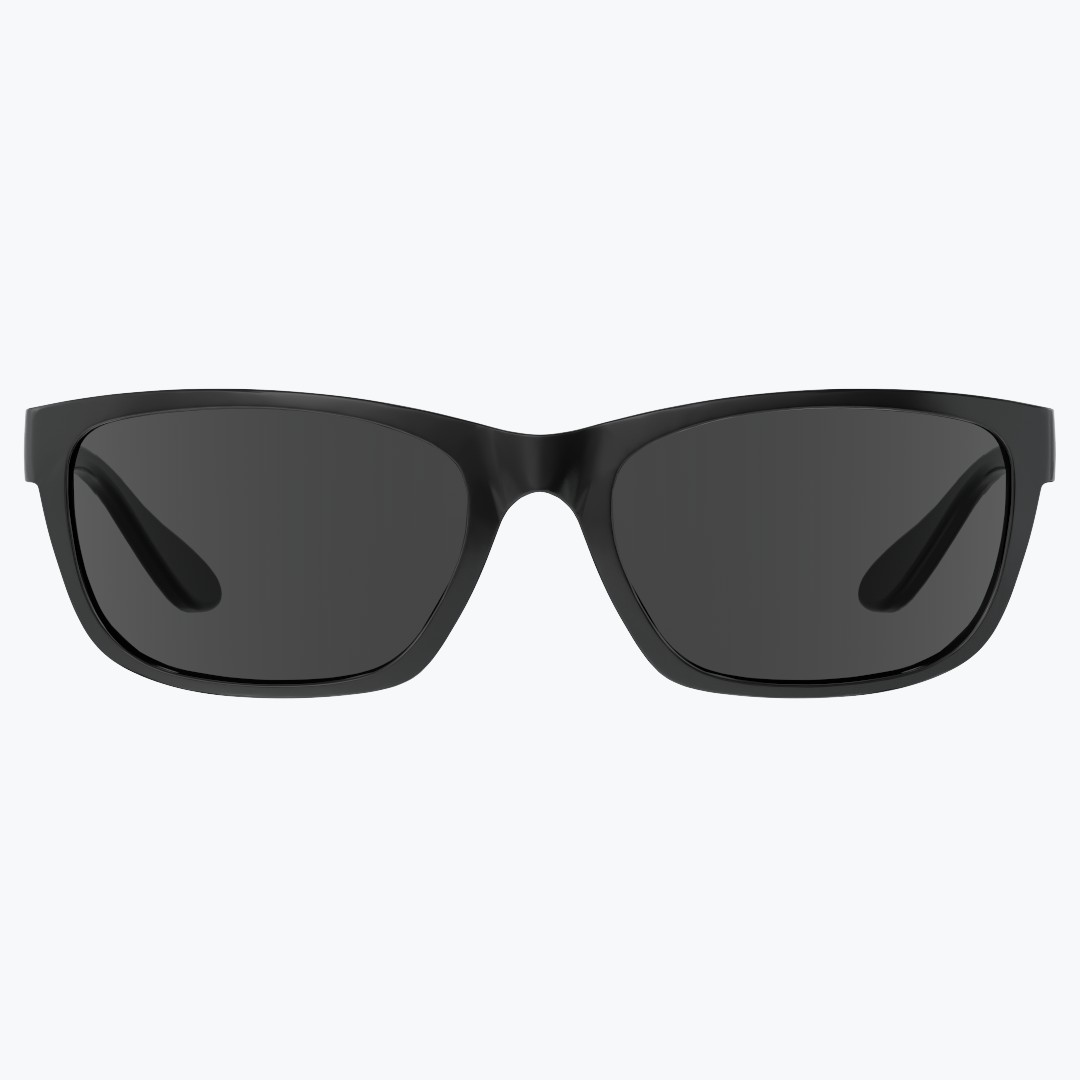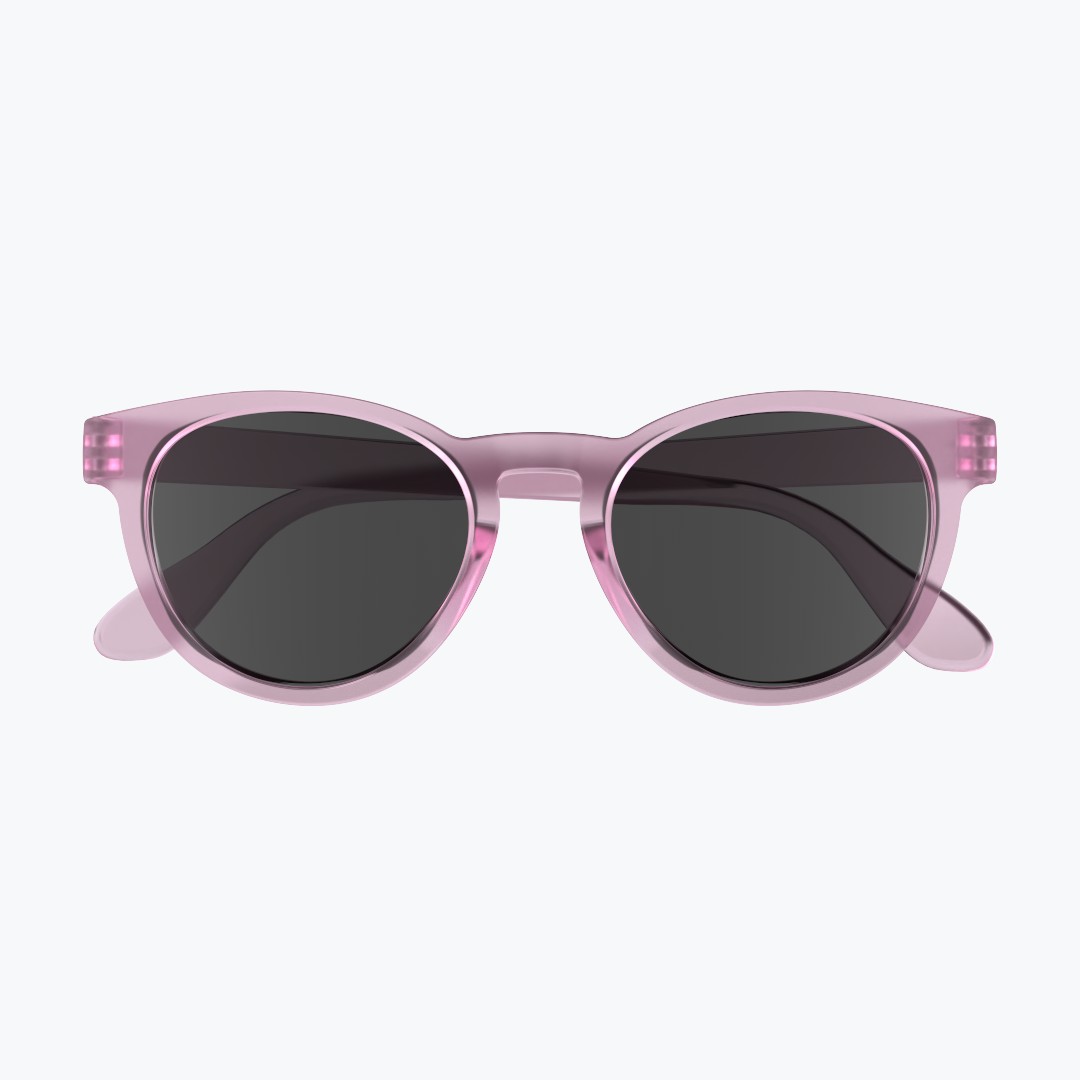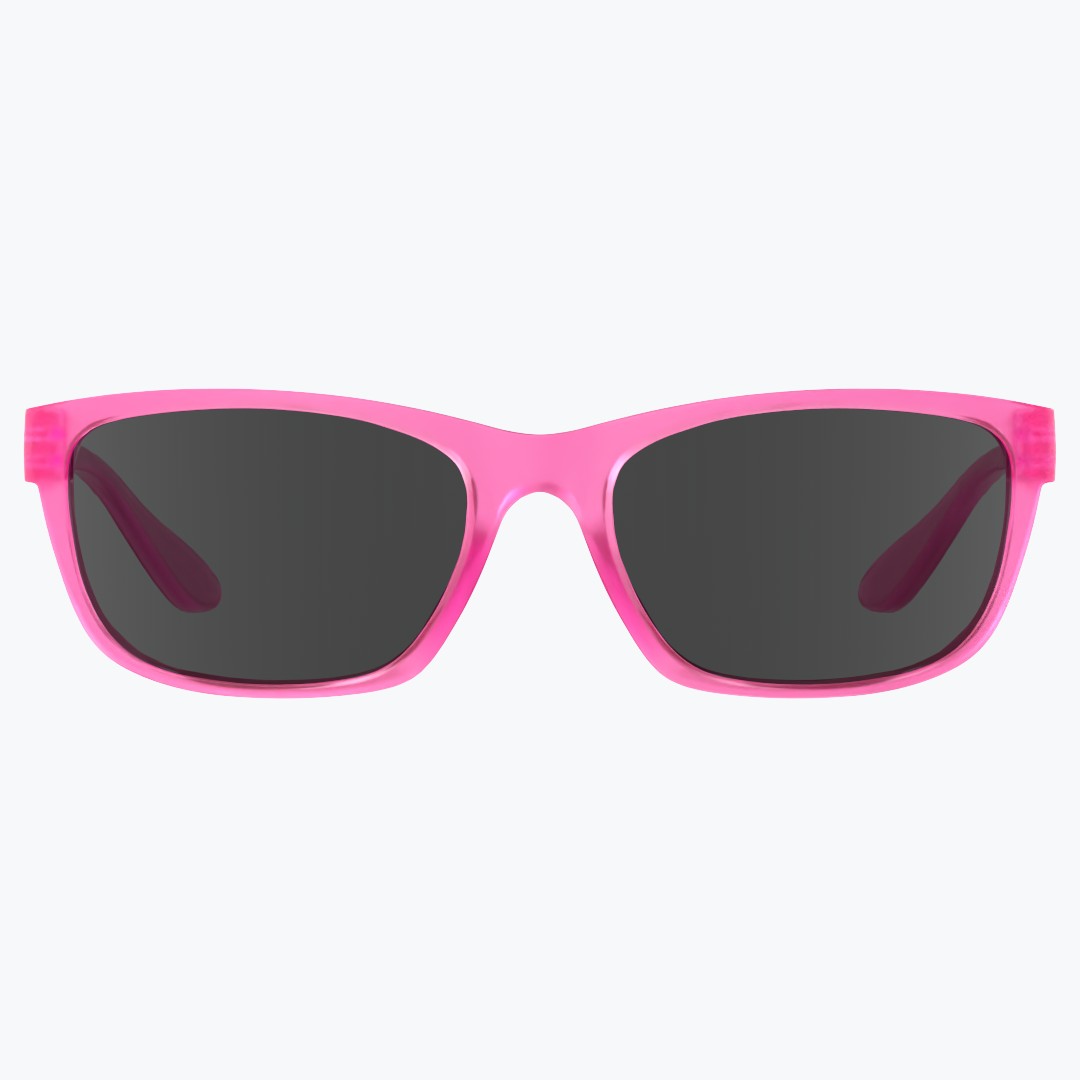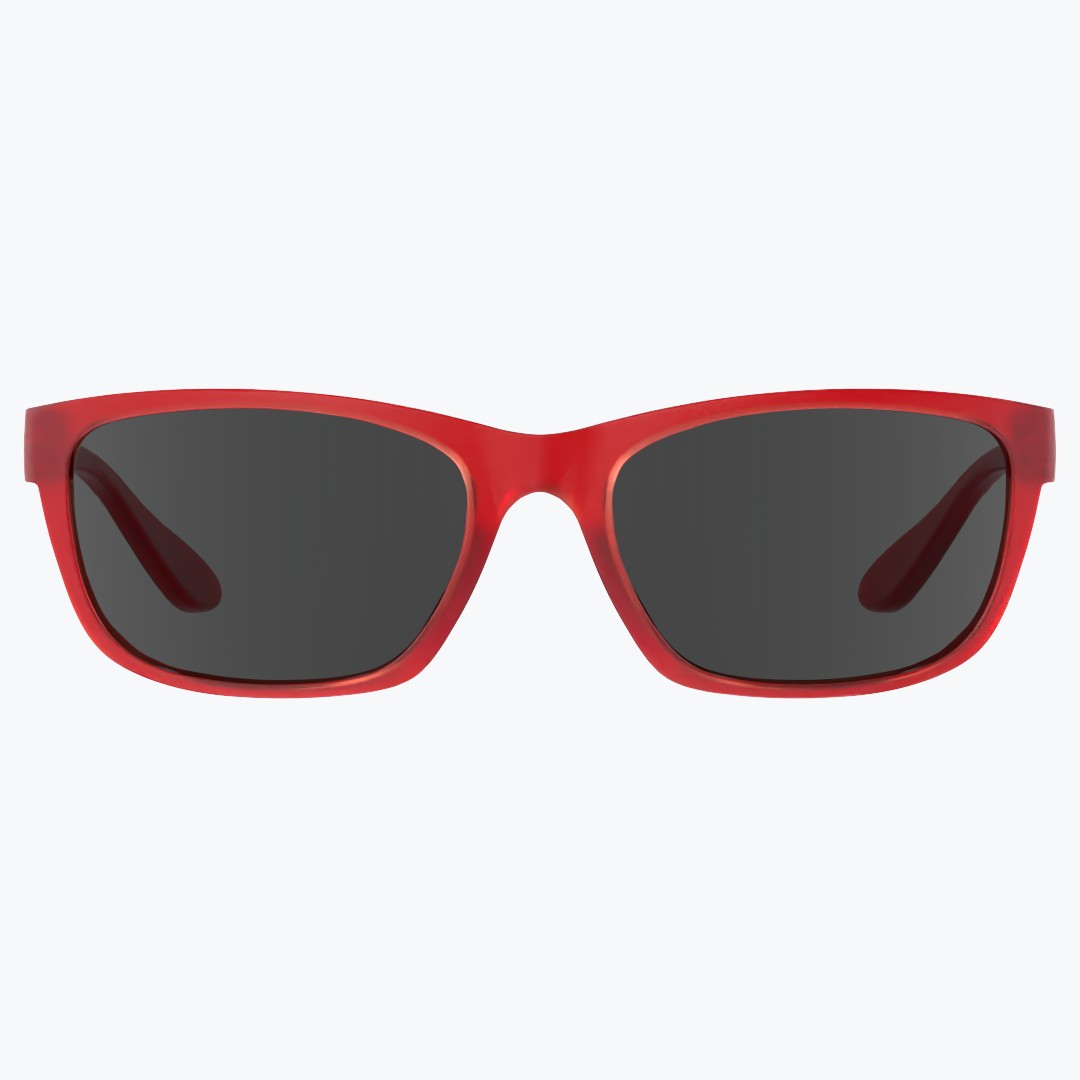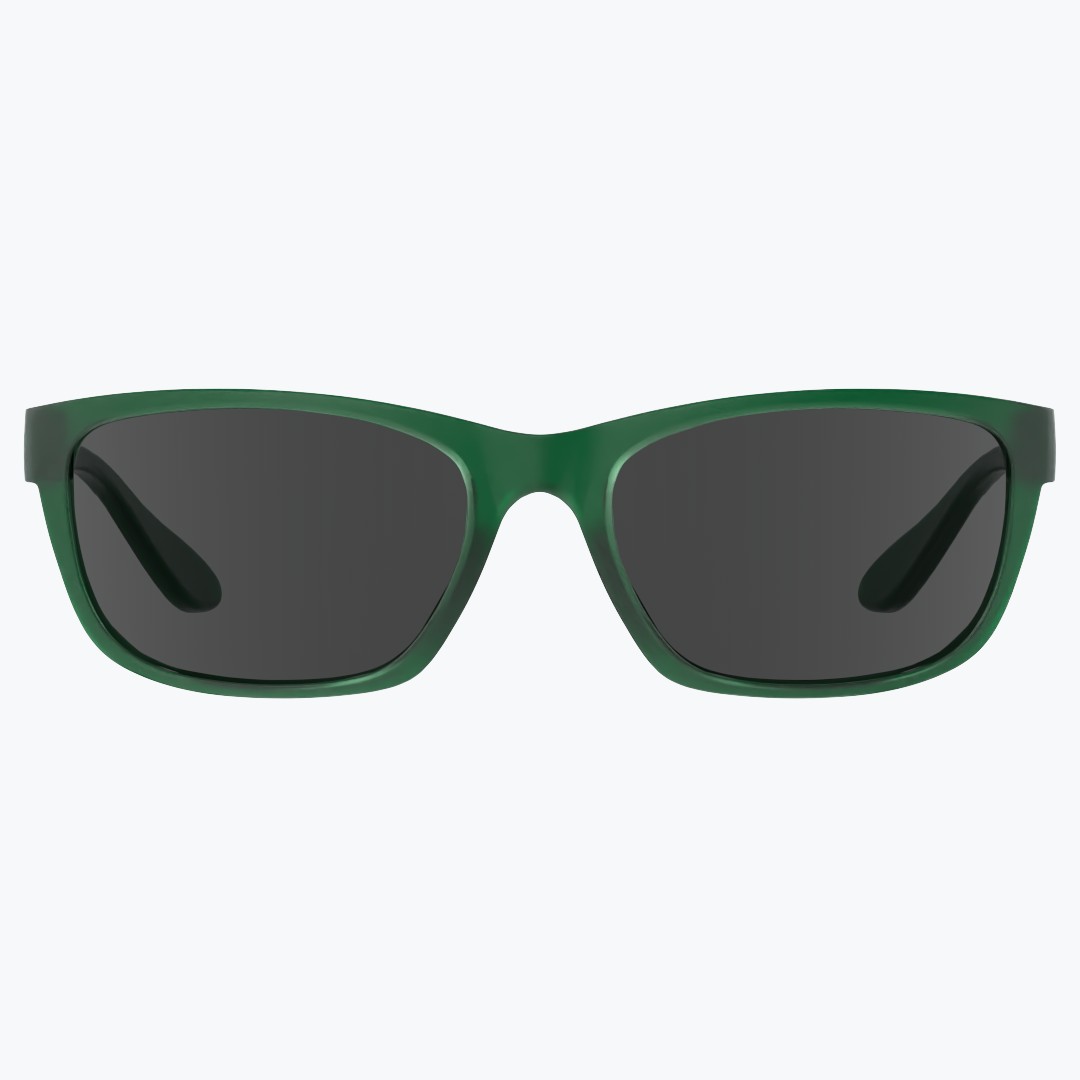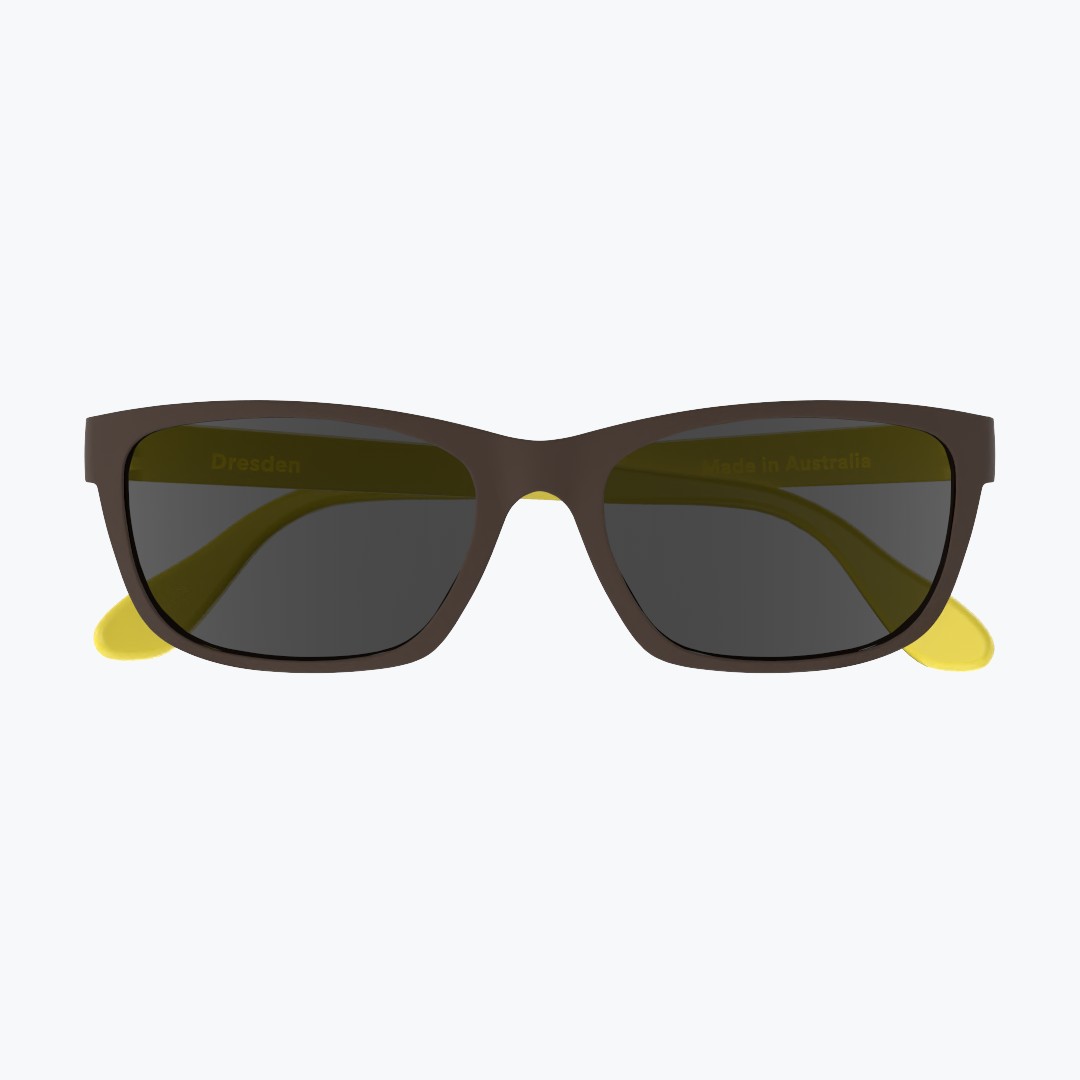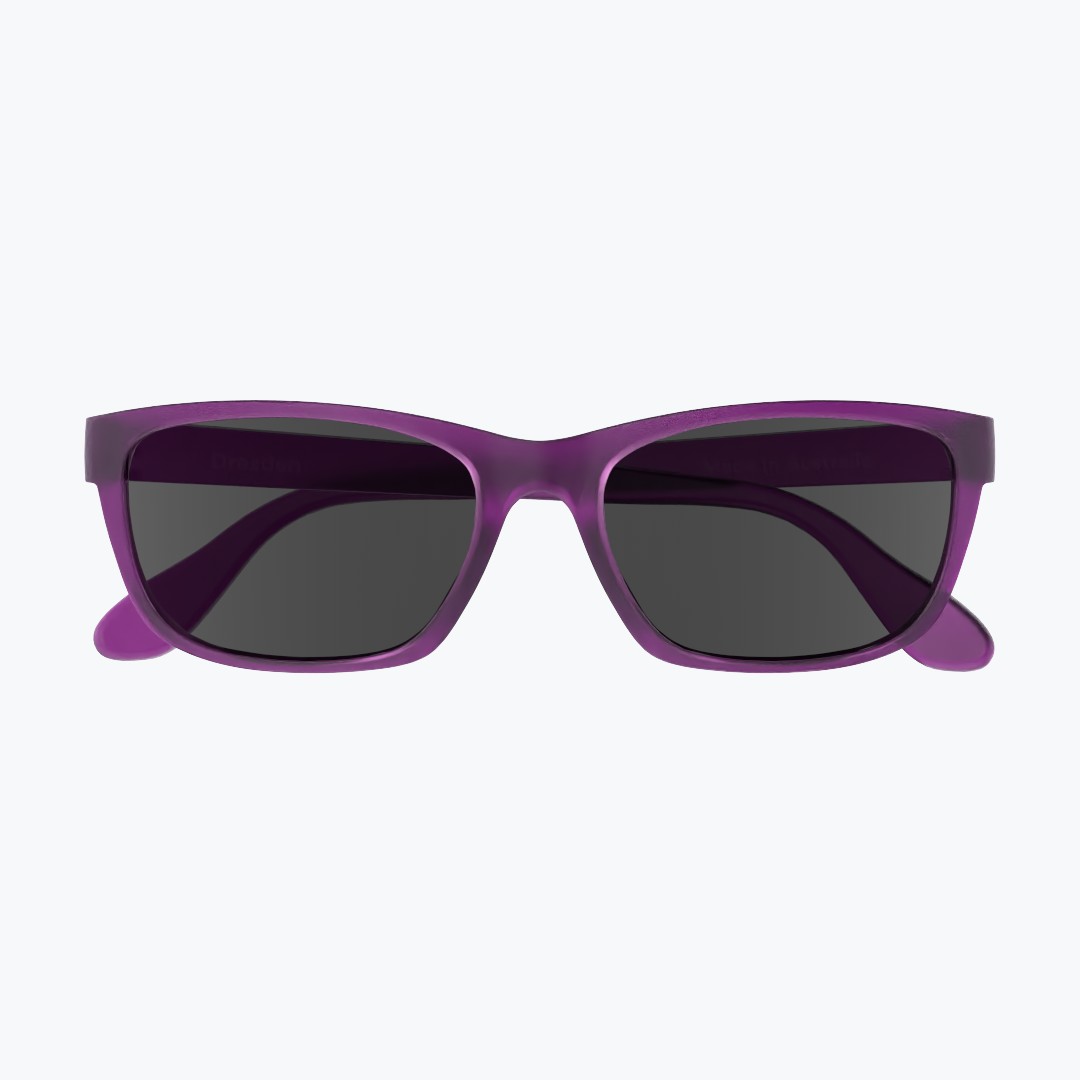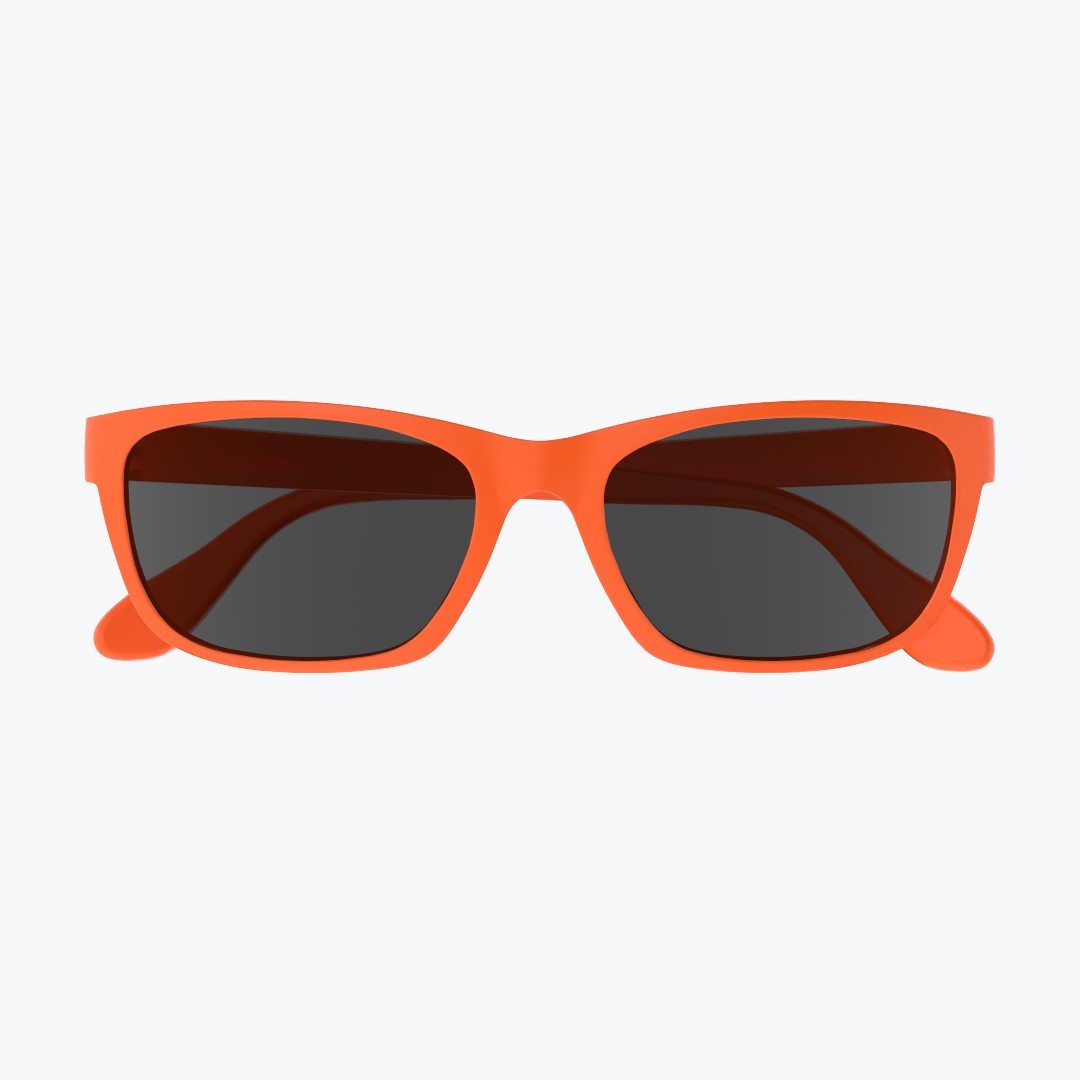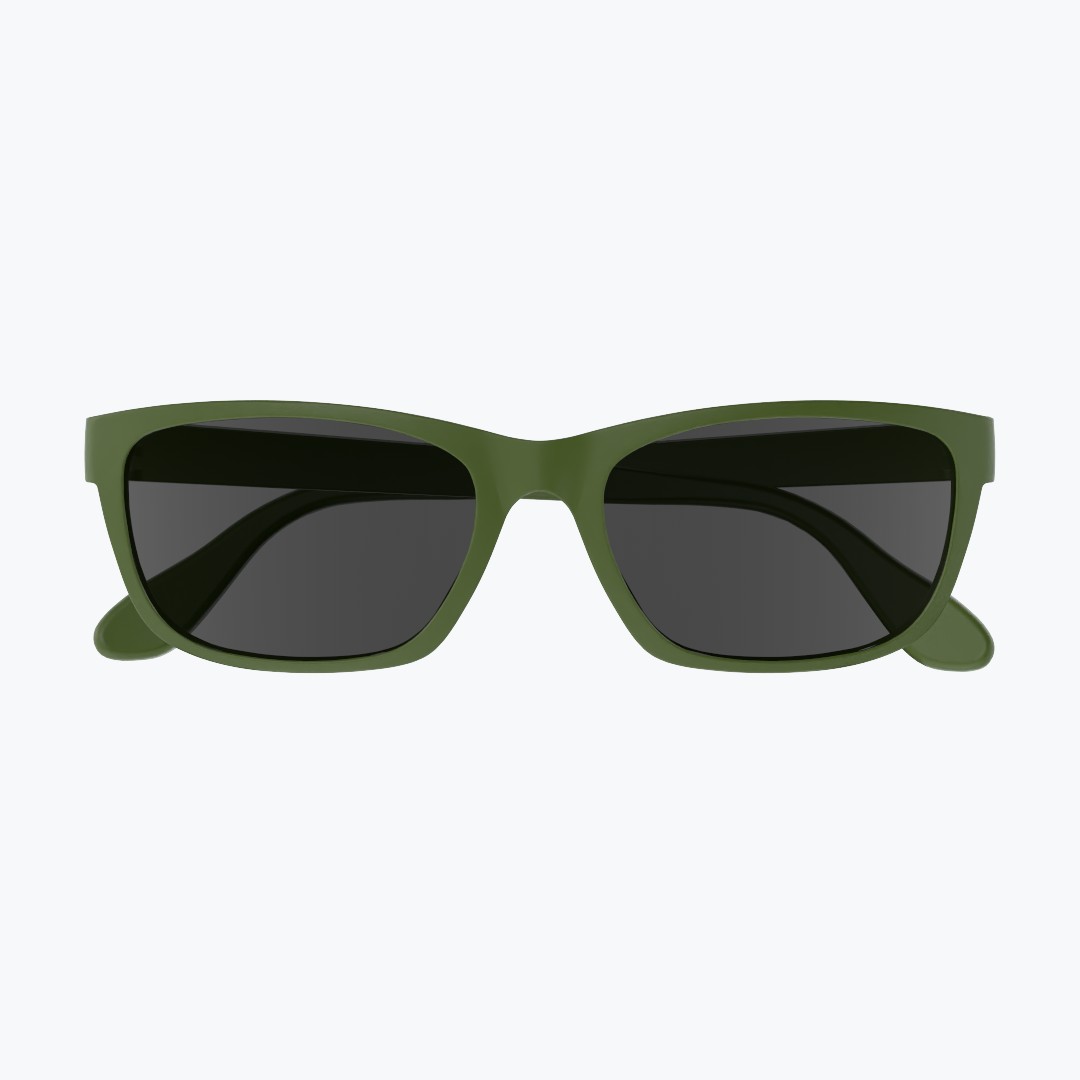
- Sunglasses
Capote - Dark Chocolate
$46.95Original - White
$46.95Capote - Olive Oil
$46.95
Original - Bloody Mary
$46.95Capote - Tangerine
$46.95Original - Koala Grey
$46.95Capote - Power Pink
$46.95Original - Azure Blue
$46.95
Capote - Forest Green
$46.95Original - Clear Frost
$46.95Capote - Daffodil Yellow
$46.95Original - Sky Blue
$46.95
Capote - Royal Purple
$46.95Original - Sepia Brown
$46.95Capote - Bloody Mary
$46.95Original - Midnight Blue
$46.95
Capote - Pistachio
$46.95Original - Pink Lemonade
$46.95Capote - Black
$46.95Original - Black Cherry
$46.95Capote - Gingerbread
$46.95Original - Beeswax
$46.95
Capote - Midnight Blue
$46.95Original - Mint Julep
$46.95Capote - Azure Blue
$46.95Original - Koala Grey
$46.95Capote - Raspberry Cordial
$46.95Original - Denim Blue
$46.95
Capote - Clear Frost
$46.95Original - Olive Oil
$46.95Capote - Koala Grey
$46.95
Original - Oat Milk
$46.95Capote - Denim Blue
$46.95Original - Gingerbread
$46.95Capote - Sepia Brown
$46.95Original - Black
$46.95Capote - Pink Lemonade
$46.95Original - Daffodil Yellow
$46.95Original - Power Pink
$46.95Original - Raspberry Cordial
$46.95Original - Forest Green
$46.95Original - Dark Chocolate
$46.95Original - Royal Purple
$46.95Original - Tangerine
$46.95Original - Pistachio
$46.95Buy Sunglasses Online
Shopping for sunglasses online is now a breeze with Dresden Vision. We provide a wide range of styles, colors, and lens choices to match every face shape and personal taste. Our online store makes browsing and buying effortless, letting you discover your perfect pair of sunglasses from the comfort of your home.
Here’s what we offer:
- Round Sunglasses: A timeless, retro-inspired choice, round frame sunglasses bring a chic vibe to any outfit. They’re flattering for square and heart-shaped faces.
- Rectangle Sunglasses: Sleek, modern, rectangle frame sunglasses are versatile and look great on oval and round face shapes.
All our frames are made locally, ensuring high quality, ethical production, and long-lasting durability. Available in various sizes and colors, our affordable options mean you get great value without compromising on style. Enjoy the ease of online shopping paired with top-notch craftsmanship!
Why Non-Prescription Sunglasses Are Great for Eye Protection
Non-prescription sunglasses are a simple and stylish way to shield your eyes from the sun’s harmful ultraviolet (UV) rays. Spending too much time in the sun without protection can increase the risk of serious eye problems like cataracts and macular degeneration. You can keep your eyes safe and healthy by wearing sunglasses that block 100% of UV rays.
1. UV Protection: The most significant advantage of non-prescription sunglasses is their blocking of dangerous UV rays. This not only protects your eyes but also the delicate skin around them.
2. Glare Reduction: Whether you’re driving, skiing, or spending time near water, sunglasses help reduce glare from reflective surfaces, making these activities safer and more enjoyable.
3. Eye Comfort: Bright sunlight can cause eye strain and fatigue. Sunglasses make it easier to stay outdoors longer by reducing discomfort and keeping your eyes relaxed.
Choosing a quality pair of non-prescription sunglasses is a smart move for your eye health. At Dresden Vision, you’ll find stylish, budget-friendly options that protect your eyes without sacrificing style. Check out our collection today!
Signs You Need to Upgrade Your Sunglasses for Better Eye Health
Wearing old or poor-quality sunglasses can harm your eyes. Here are some signs it’s time for a new pair:
- Discomfort or Headaches: If your sunglasses don’t fit well or have the wrong lens tint, they can strain your eyes.
- Scratched or Damaged Lenses: These can blur your vision and weaken UV protection.
- Outdated UV Protection: Older sunglasses might not shield your eyes from today’s high UV radiation levels.
- Faded or Peeling Coatings: Worn-out coatings reduce the lenses’ ability to protect your eyes.
Upgrade to Dresden Vision sunglasses for the best eye protection and comfort. Our frames are built to last and come with a 10-year frame warranty, showing how much we trust their quality. Don’t risk your eye health—choose sunglasses that combine style and top-notch protection.
How to Purchase Sunglasses Online with Confidence
At Dresden Vision, we’ve made buying affordable sunglasses online easy and hassle-free. Here’s a simple guide to help you find the perfect pair and have them delivered right to your doorstep:
1. Explore Our Collection – Discover a wide variety of sunglasses, including both prescription and non-prescription options.
2. Pick Your Frame and Lenses – Choose a frame that complements your face shape and select lenses that fit your lifestyle.
3. Add Your Prescription (if needed) – If you’re ordering prescription sunglasses, simply upload your prescription or contact our friendly customer support team for help.
4. Make It Yours – Customize your sunglasses with your favourite lens colours, tints, and frame designs.
5. Place Your Order – Checkout securely using our easy-to-navigate system and choose your preferred shipping method.
Once your order is confirmed, we’ll get to work and ship your sunglasses straight to your door. At Dresden Vision, every pair is made with precision and care, ensuring you get top-quality sunglasses you’ll love.
Why Choose Dresden Vision for Affordable Sunglasses Online?
Dresden Vision is your go-to destination for stylish, high-quality sunglasses that won’t break the bank. We offer a wide variety of designs, so there’s something to suit every taste. Best of all, our commitment to affordability means you can enjoy top-notch sunglasses without compromising on quality.
Crafted with care in Australia, our sunglasses are built to last while keeping you fashionable. Whether you need prescription lenses or just want a trendy pair of shades, we’ve got options for you. Choose from a range of frame sizes and colors to create a look that’s uniquely yours.
Our customers can’t stop raving about us—hundreds of glowing reviews highlight our exceptional quality, fast shipping, and hassle-free online shopping experience. At Dresden Vision, you get the perfect blend of style, durability, and affordability. Plus, our friendly customer support team is always here to help. Treat yourself to sunglasses that deliver incredible value and keep you looking great!
Frequently Asked Questions
Can I visit one of your stores in person?
Absolutely! We have lively stores in Canada and Australia. Plus, we ship worldwide, so you can shop with us no matter where you are.
Are there any sunglasses on sale right now?
Definitely! We often have discounts and special offers. Keep an eye on our website to catch the latest deals.
How do I find sunglasses that fit perfectly?
Check out our easy-to-follow frame measurement guide, or reach out to our friendly support team for help in finding the perfect fit for you.
Do you sell affordable sunglasses?
Definitely! Our smart production methods let us keep prices low while still delivering top-notch quality.
